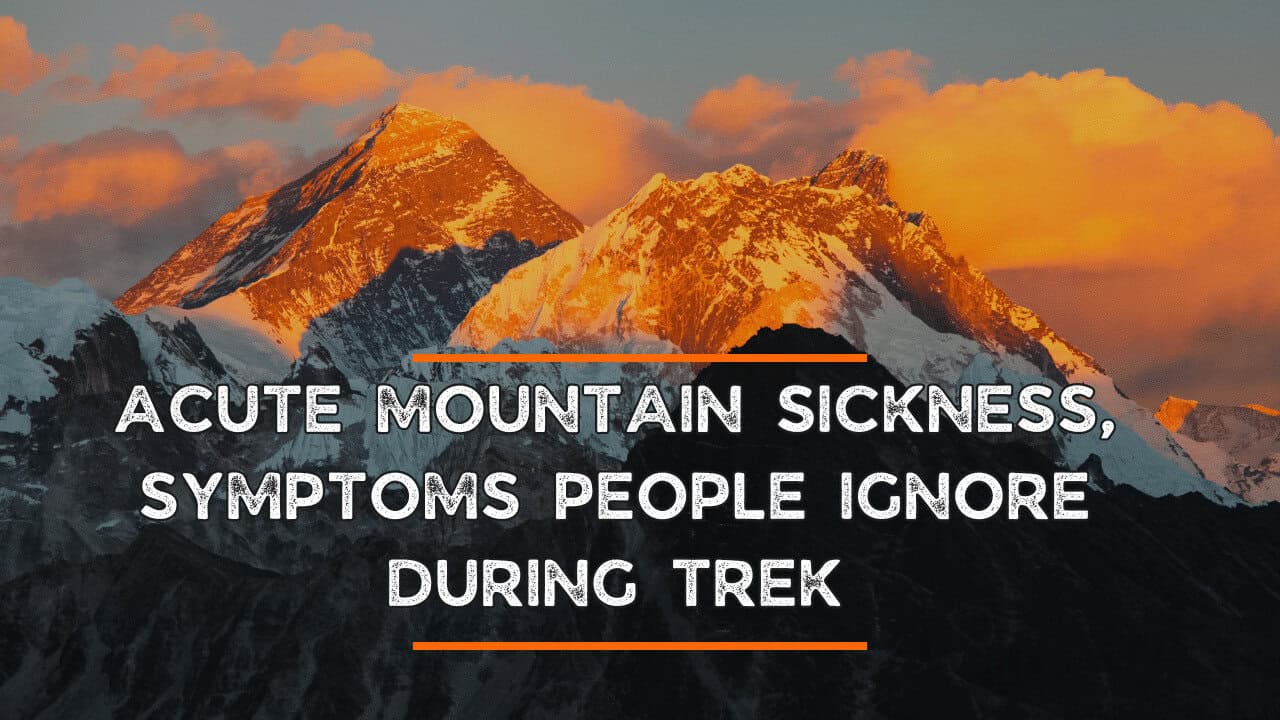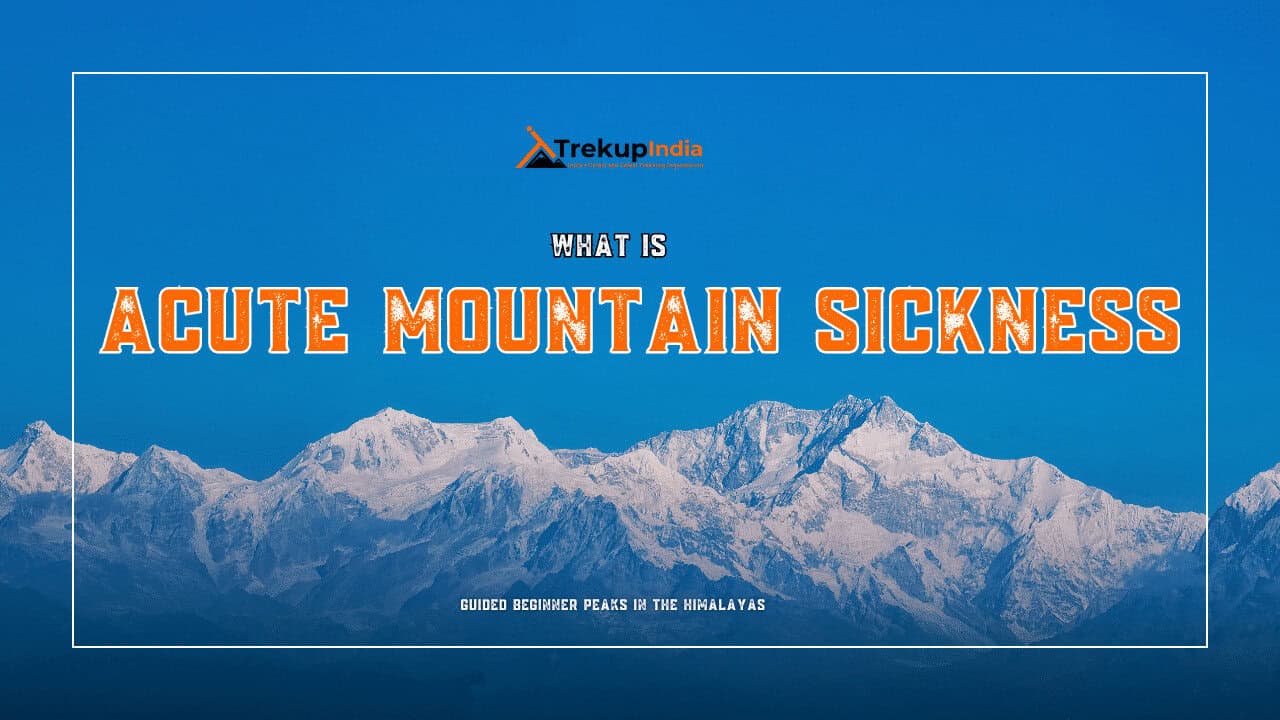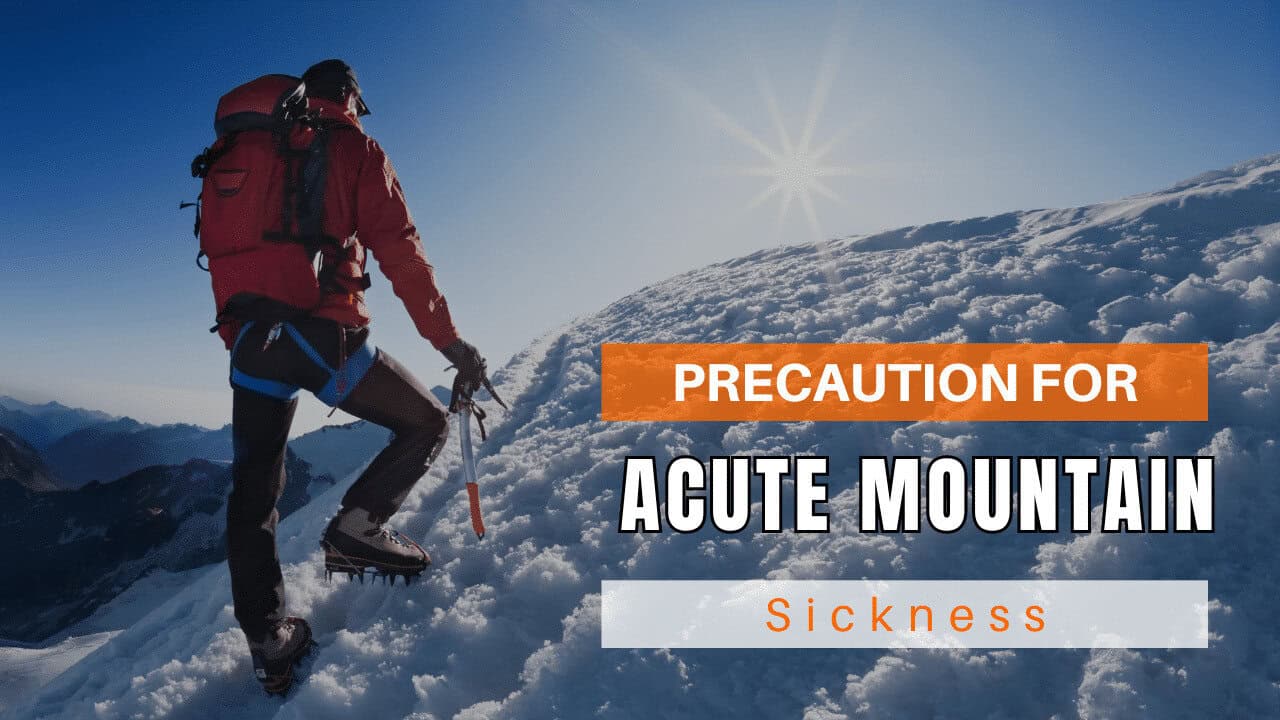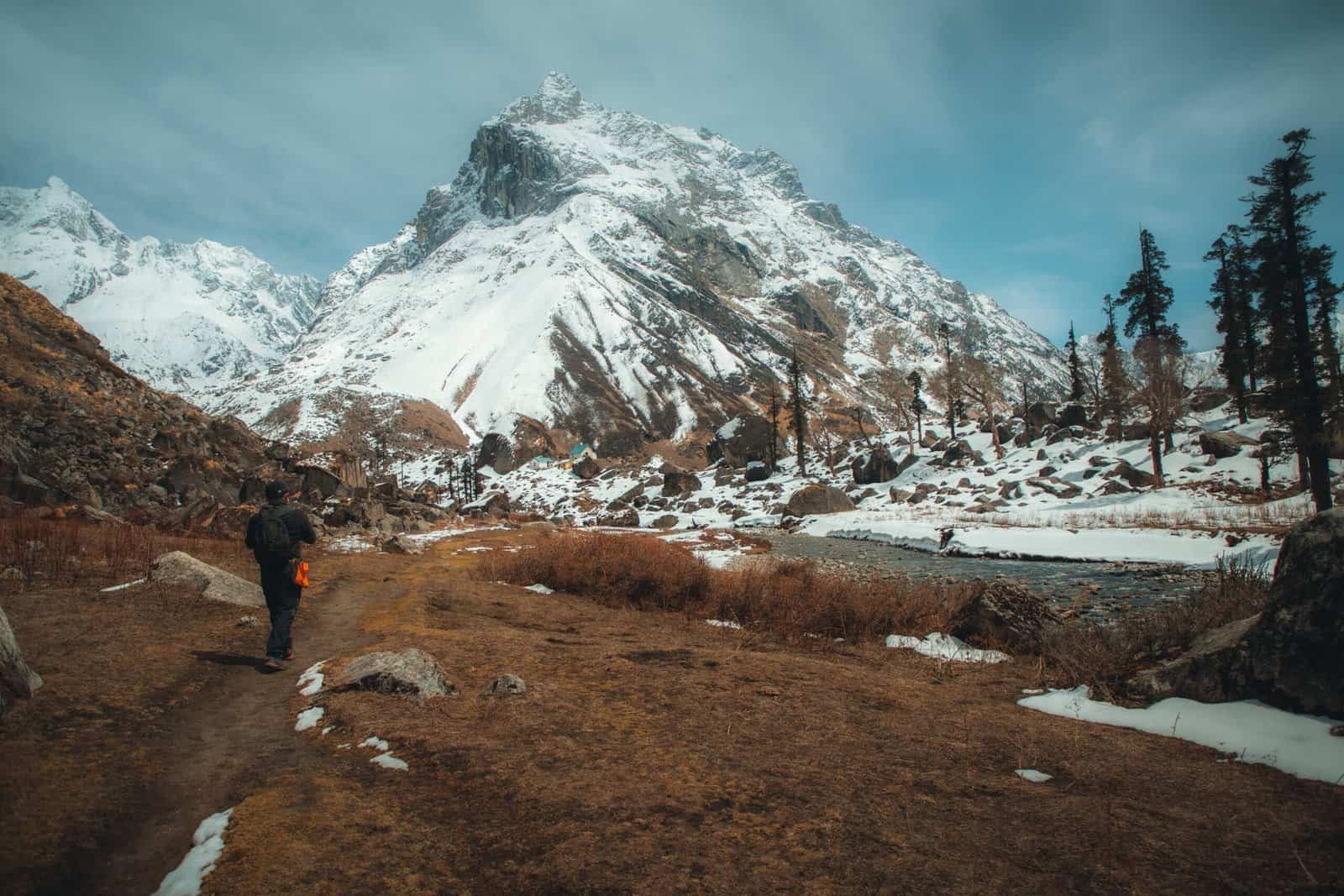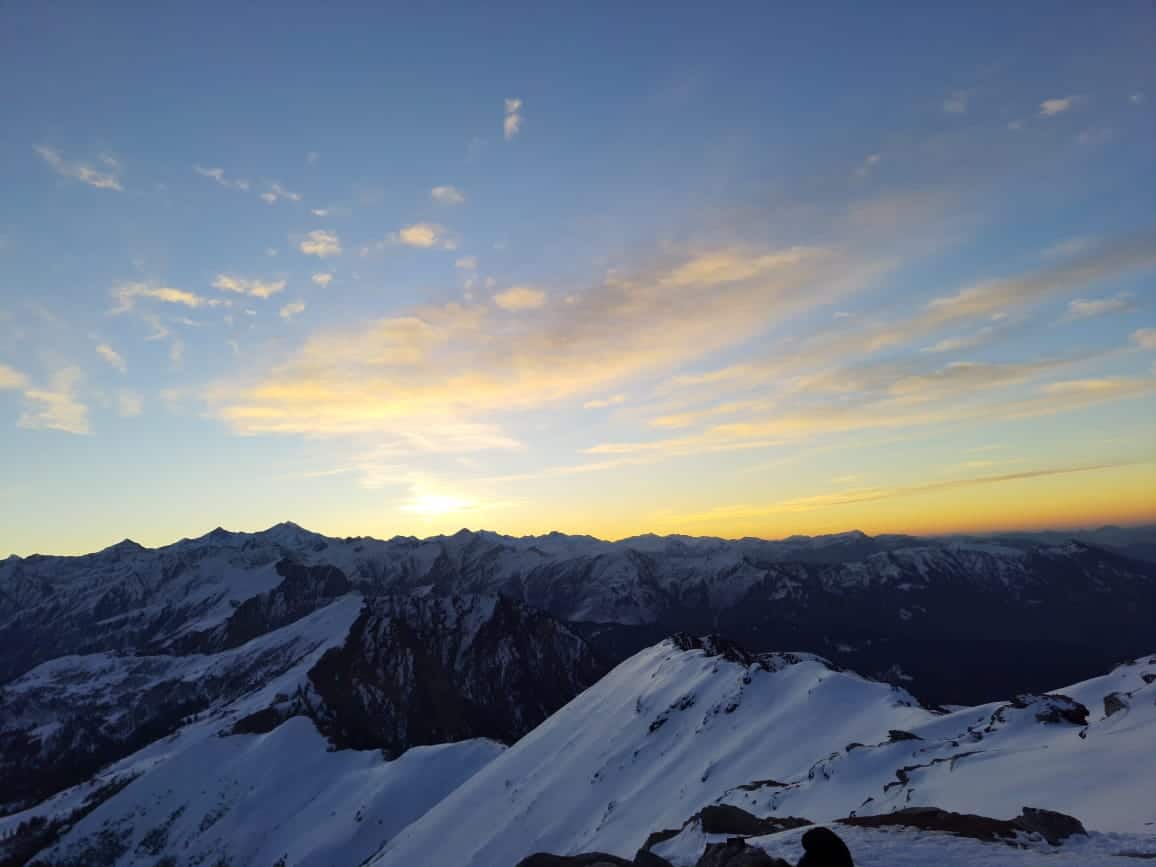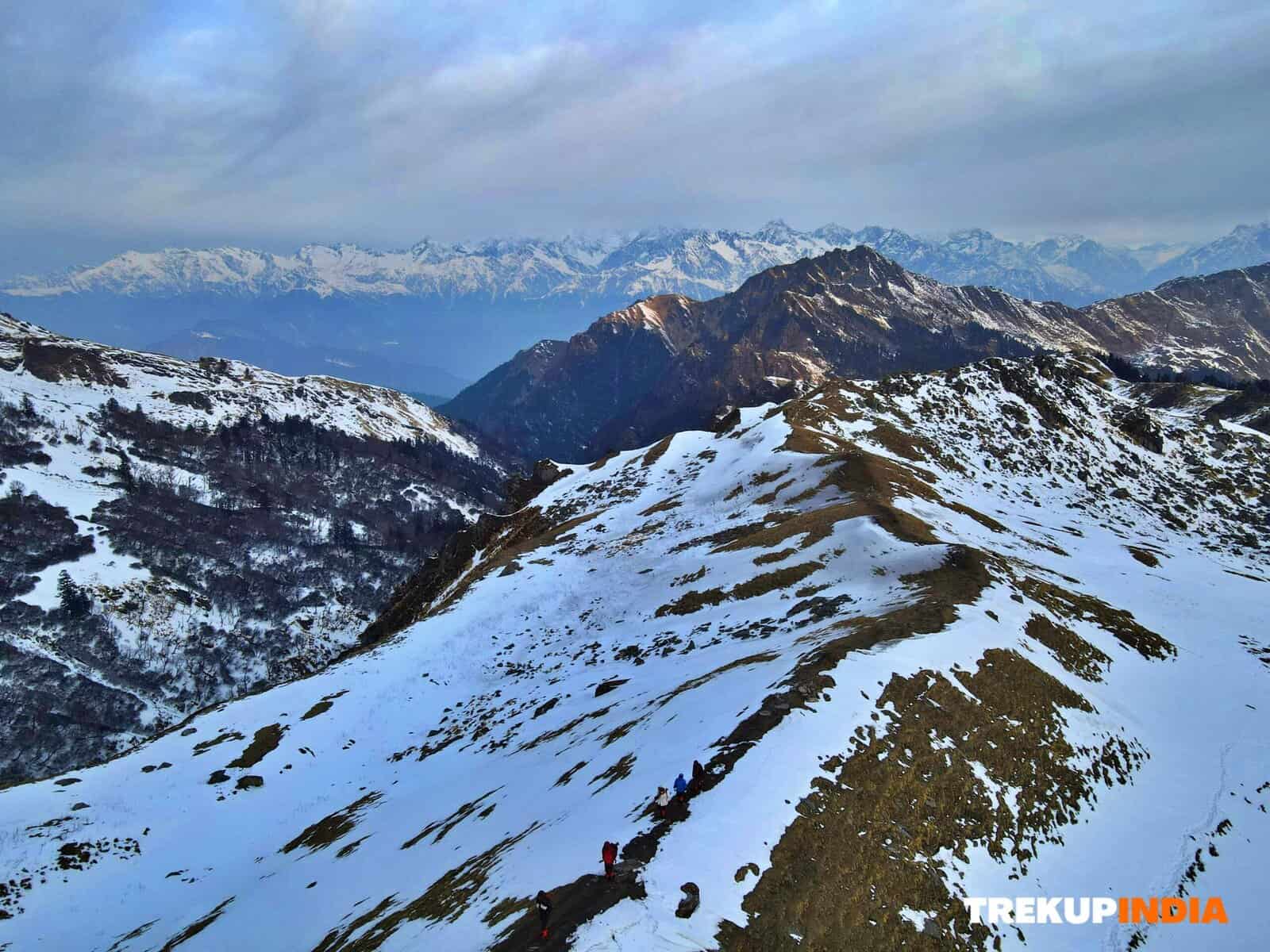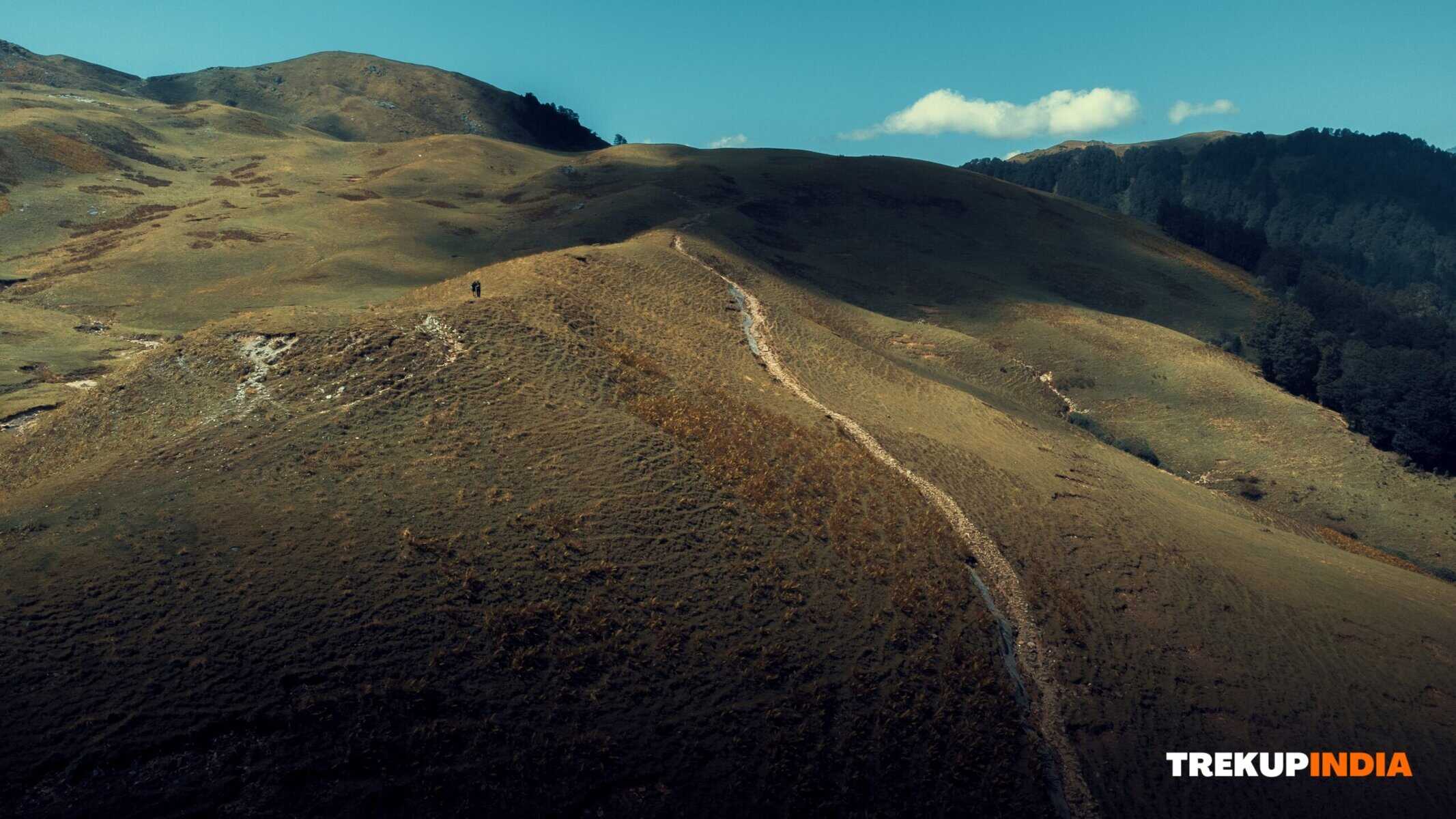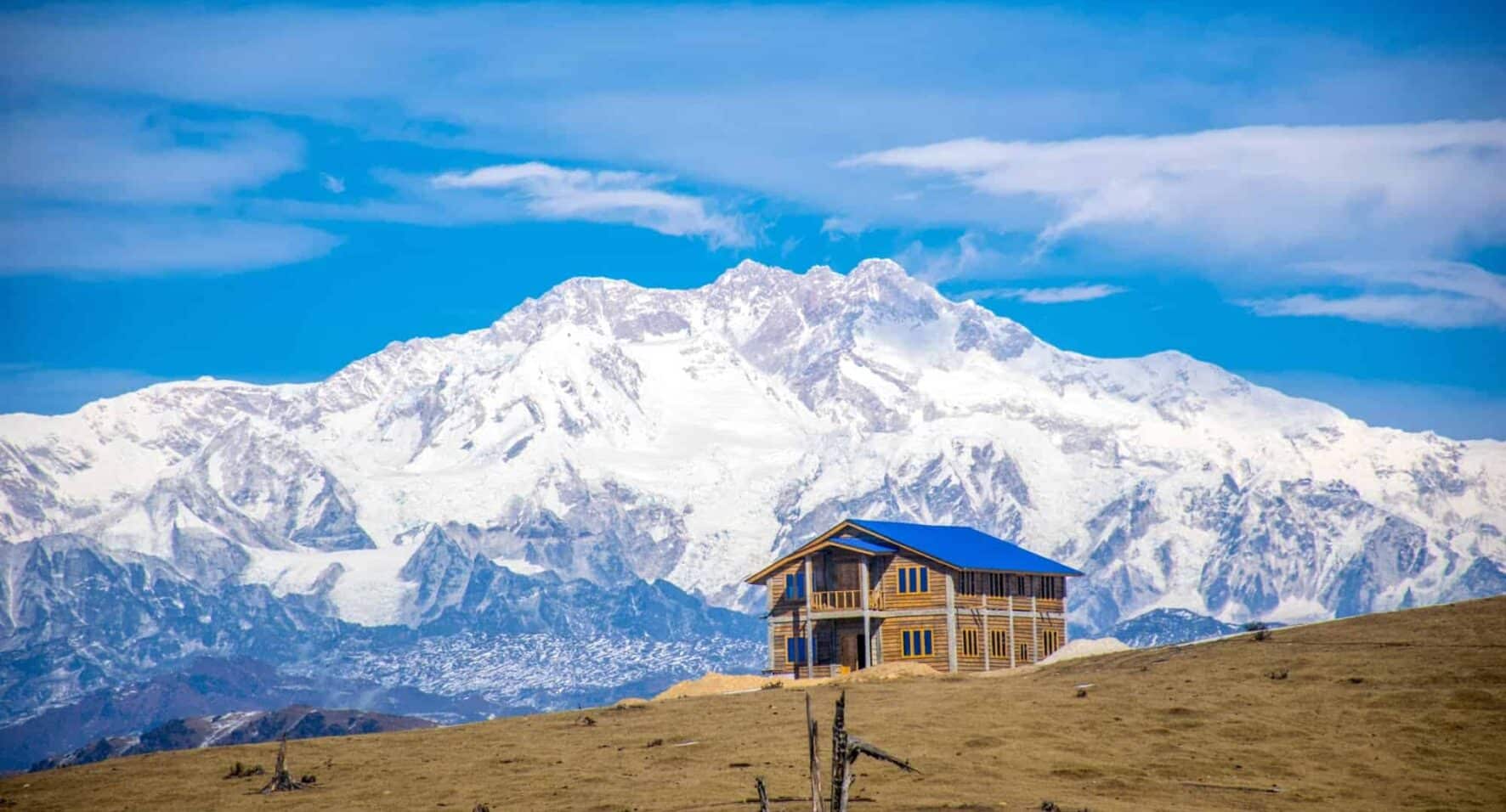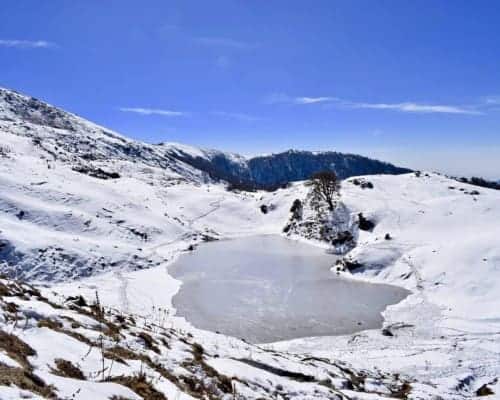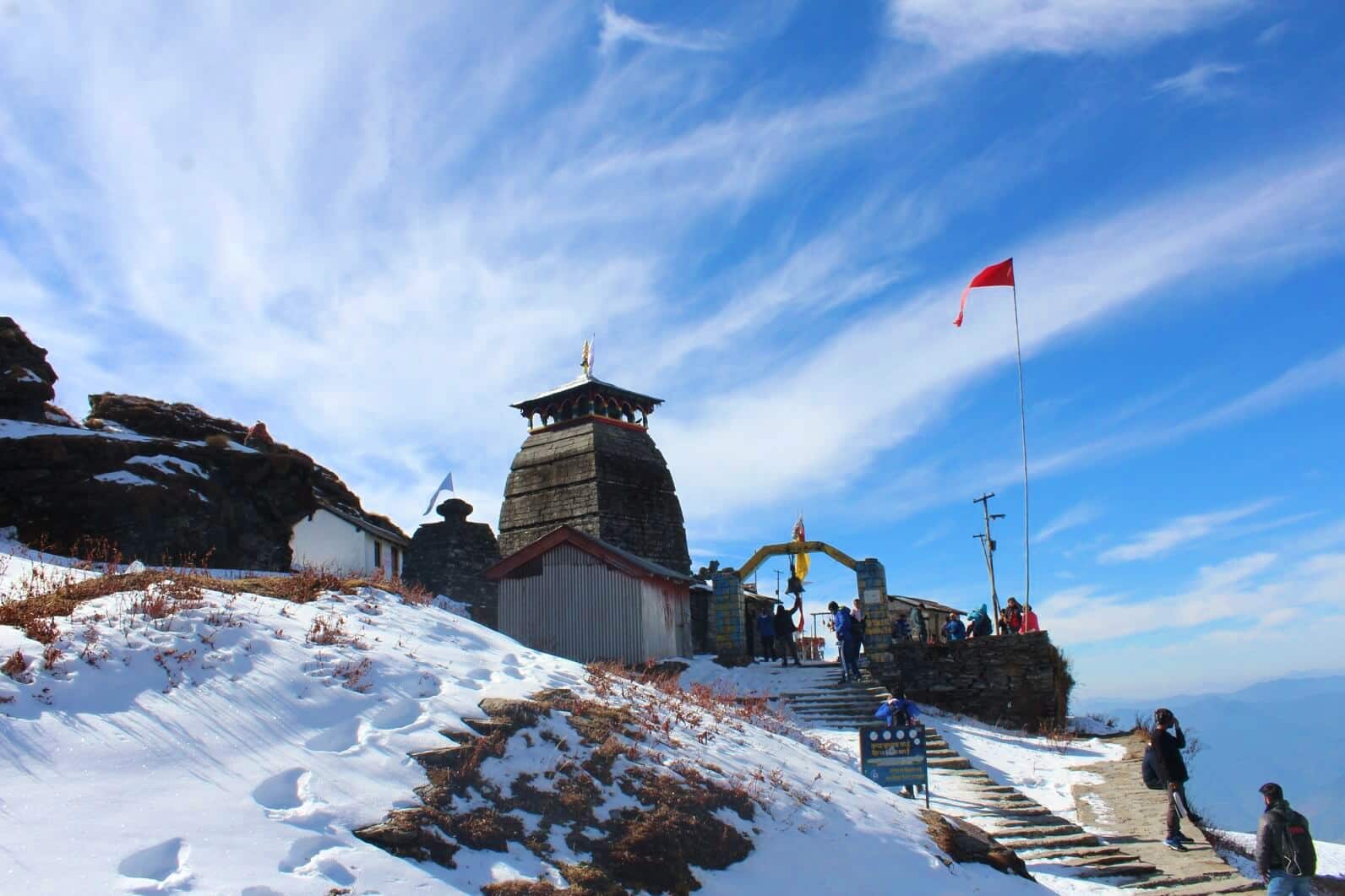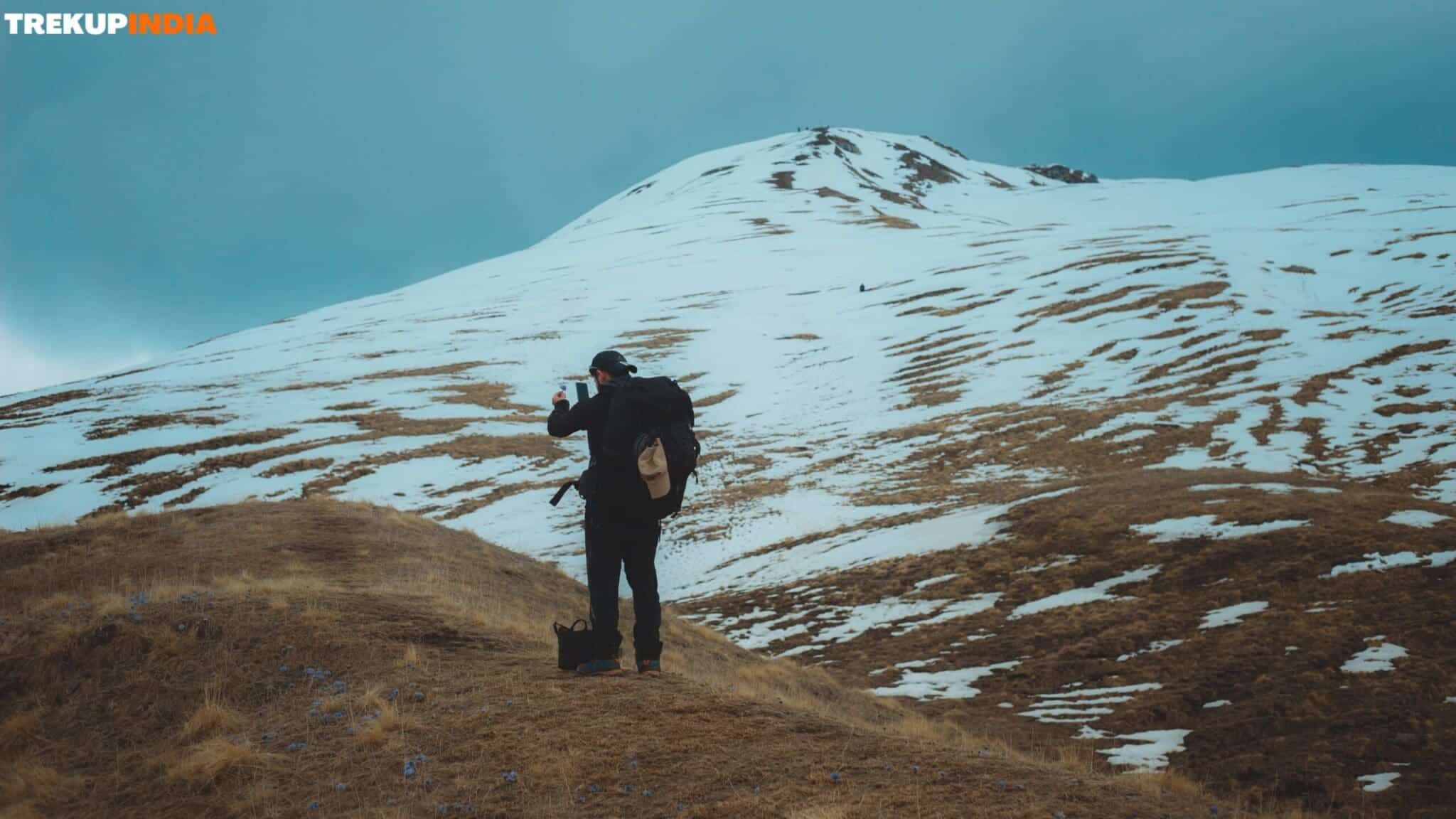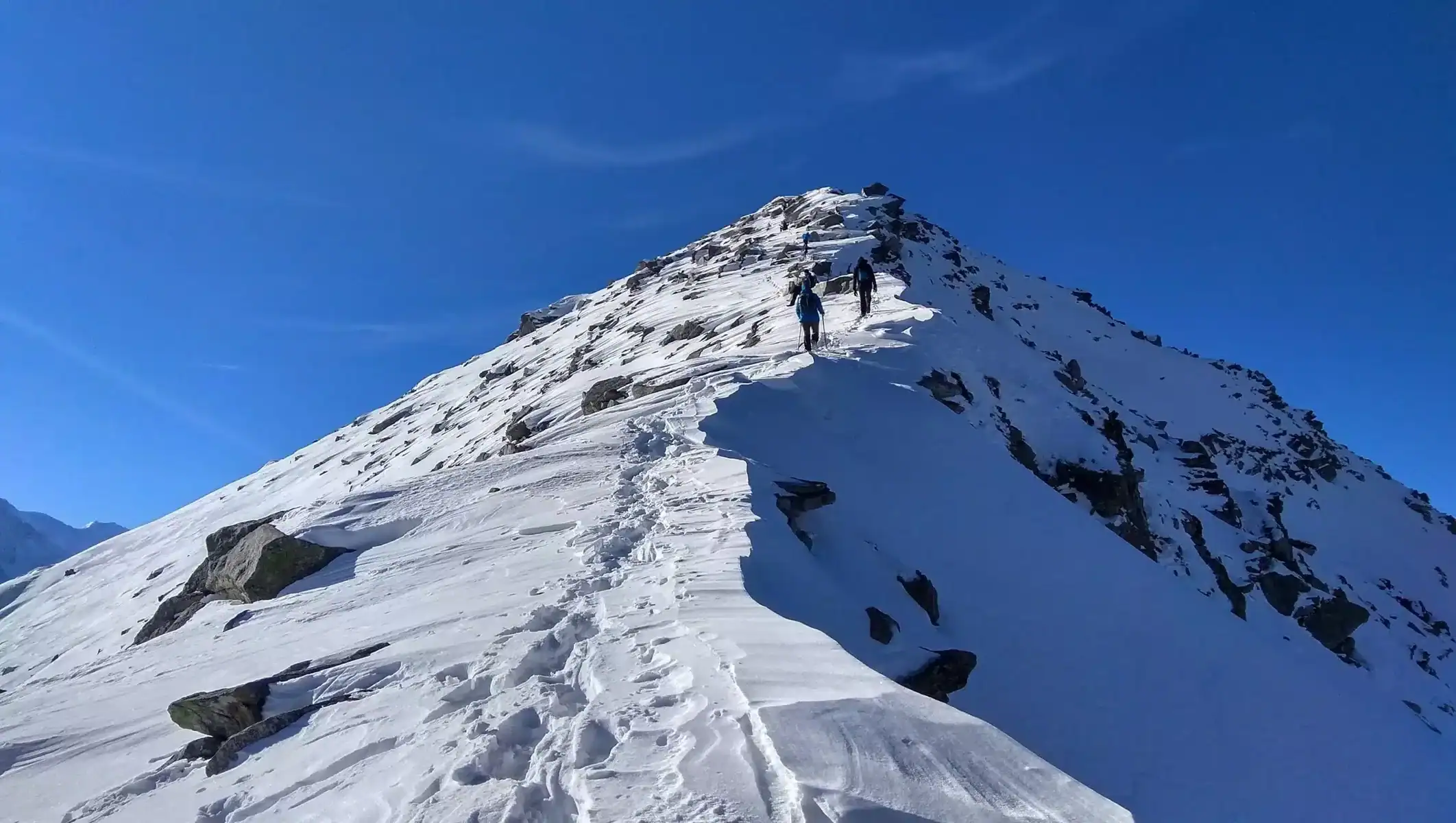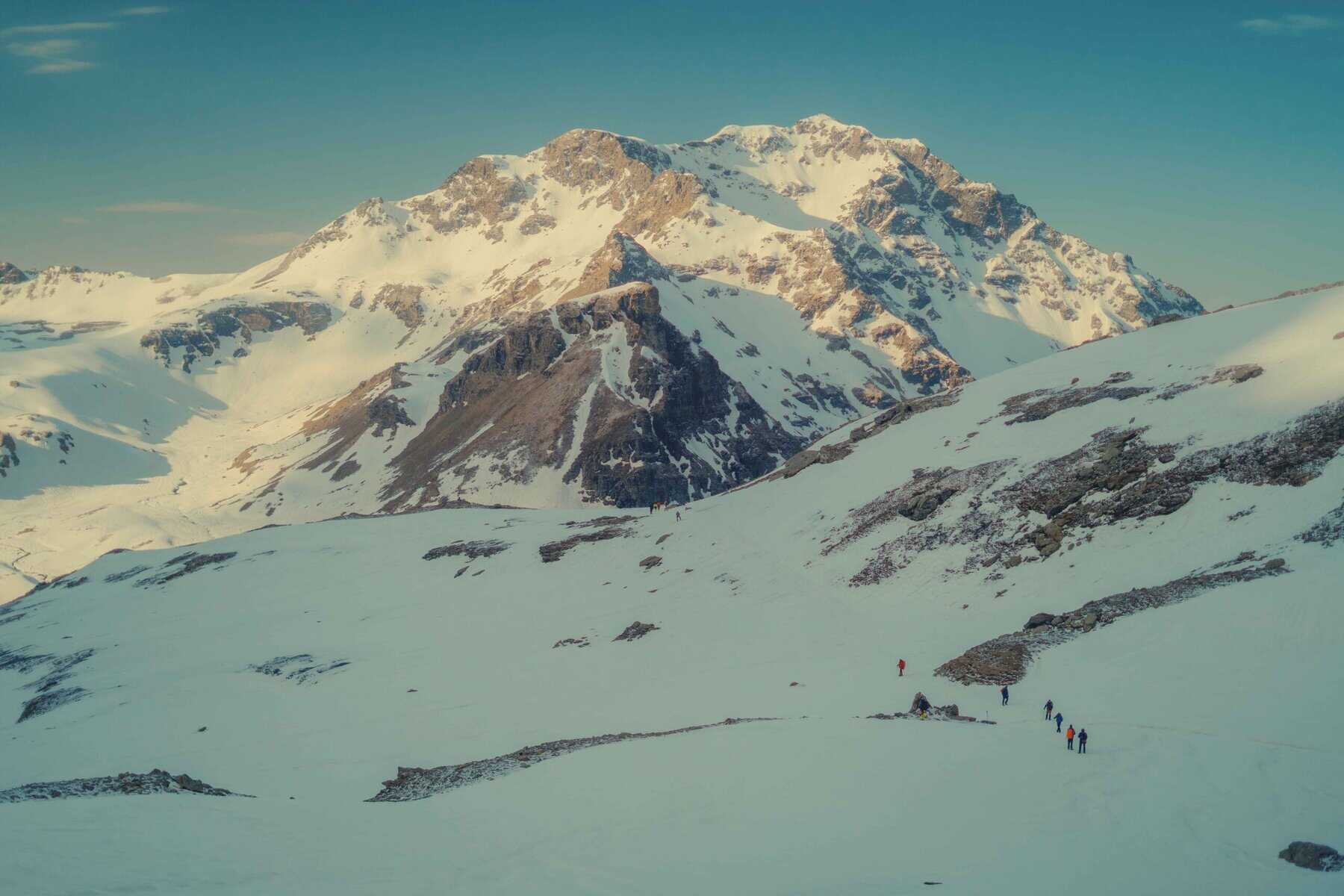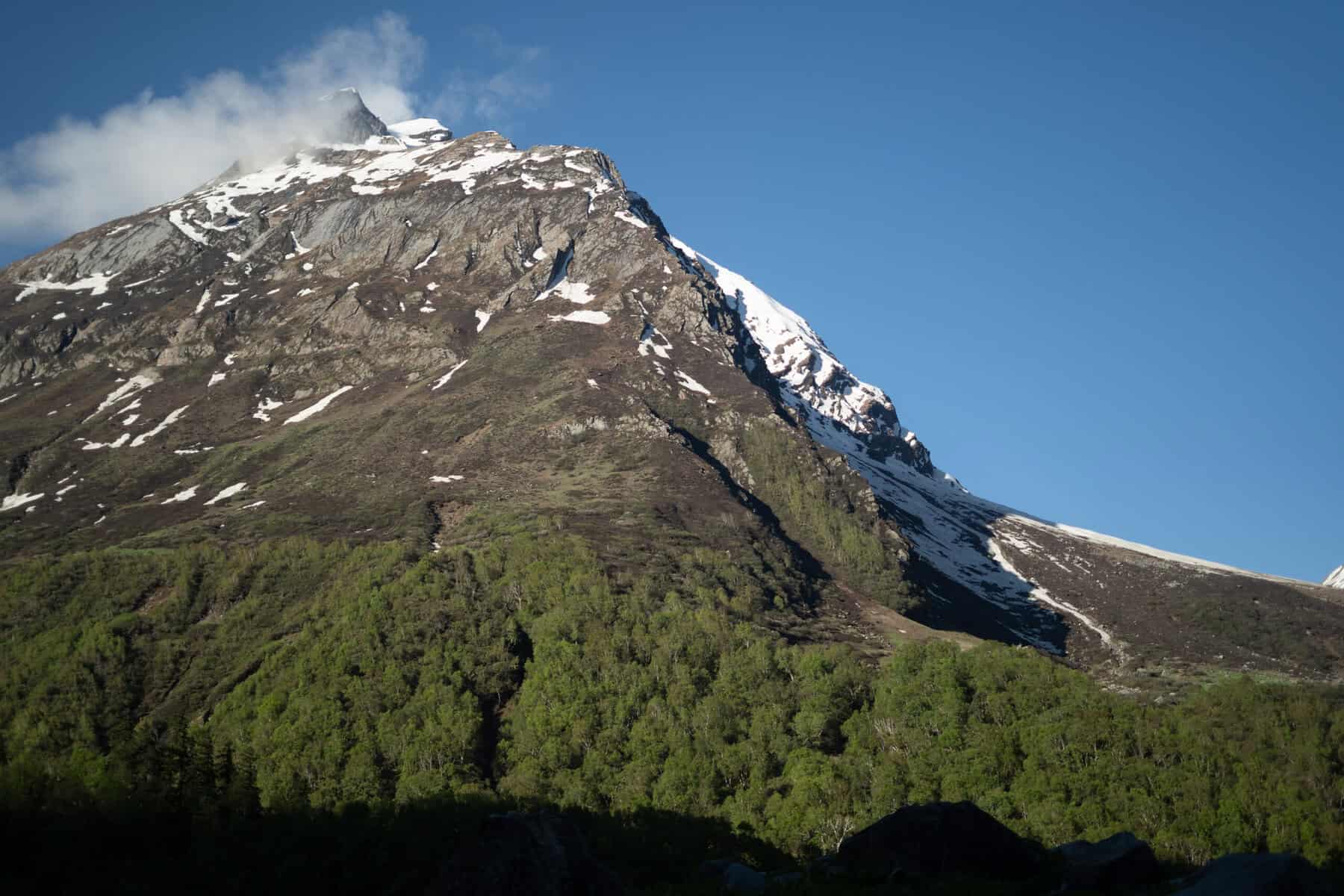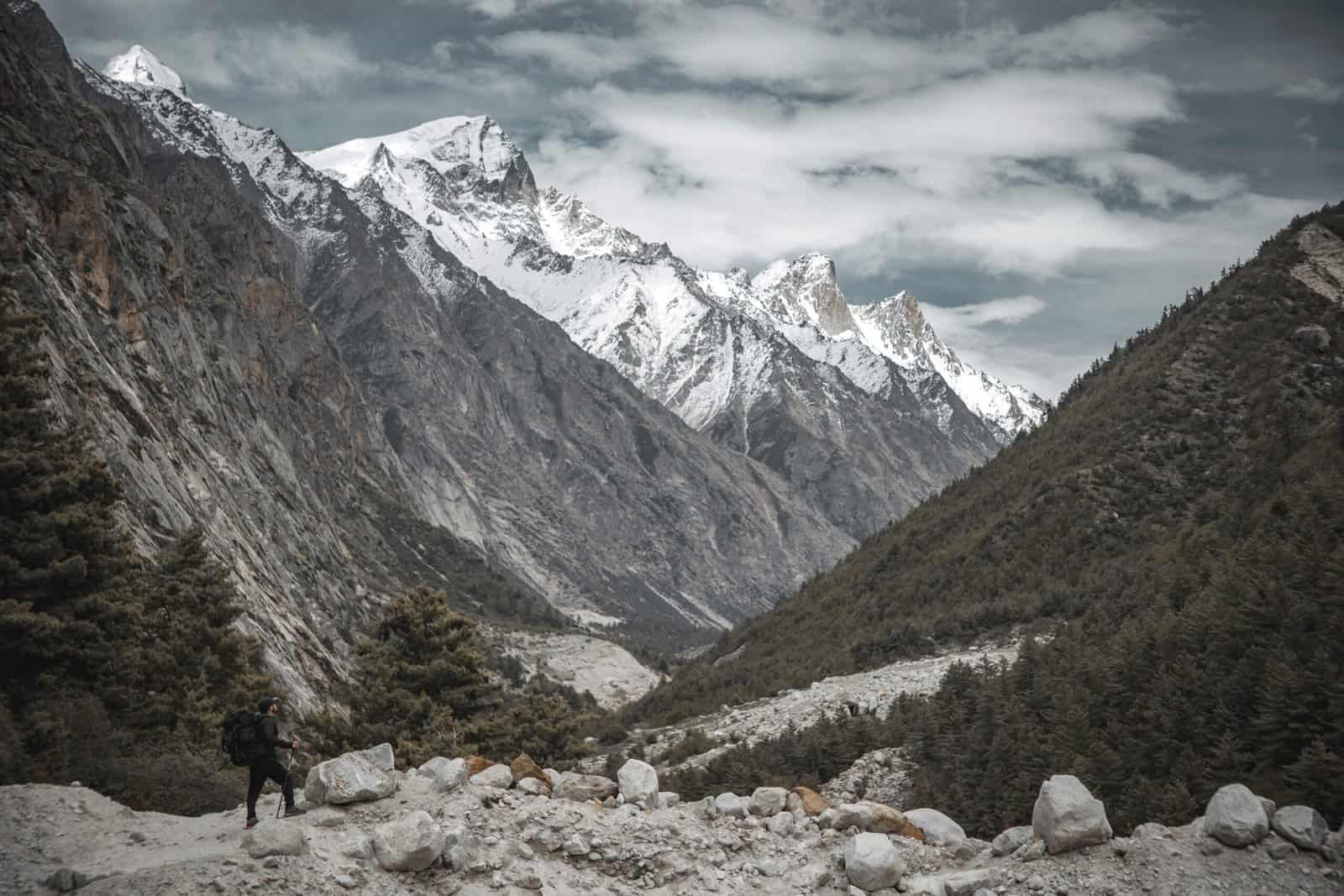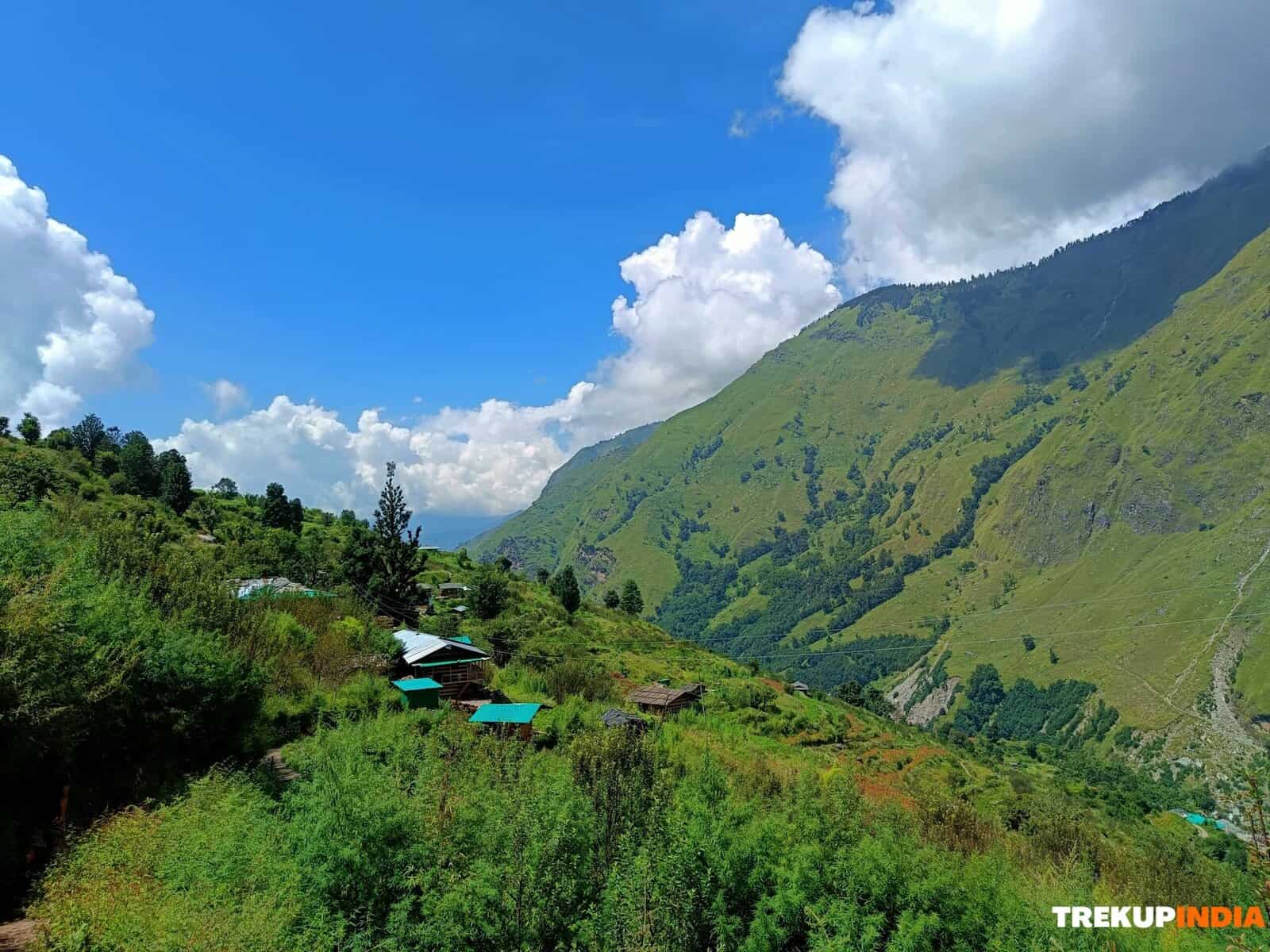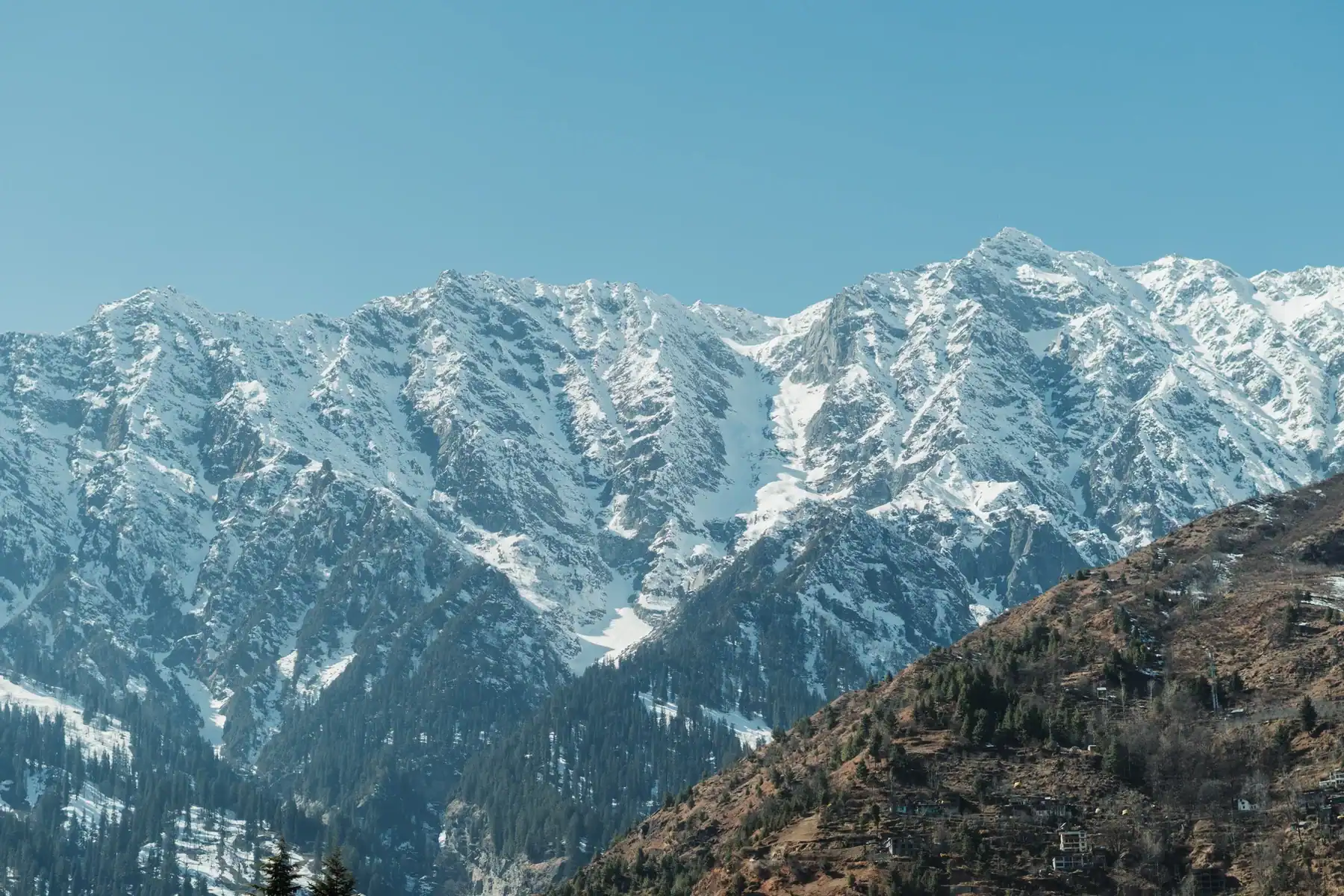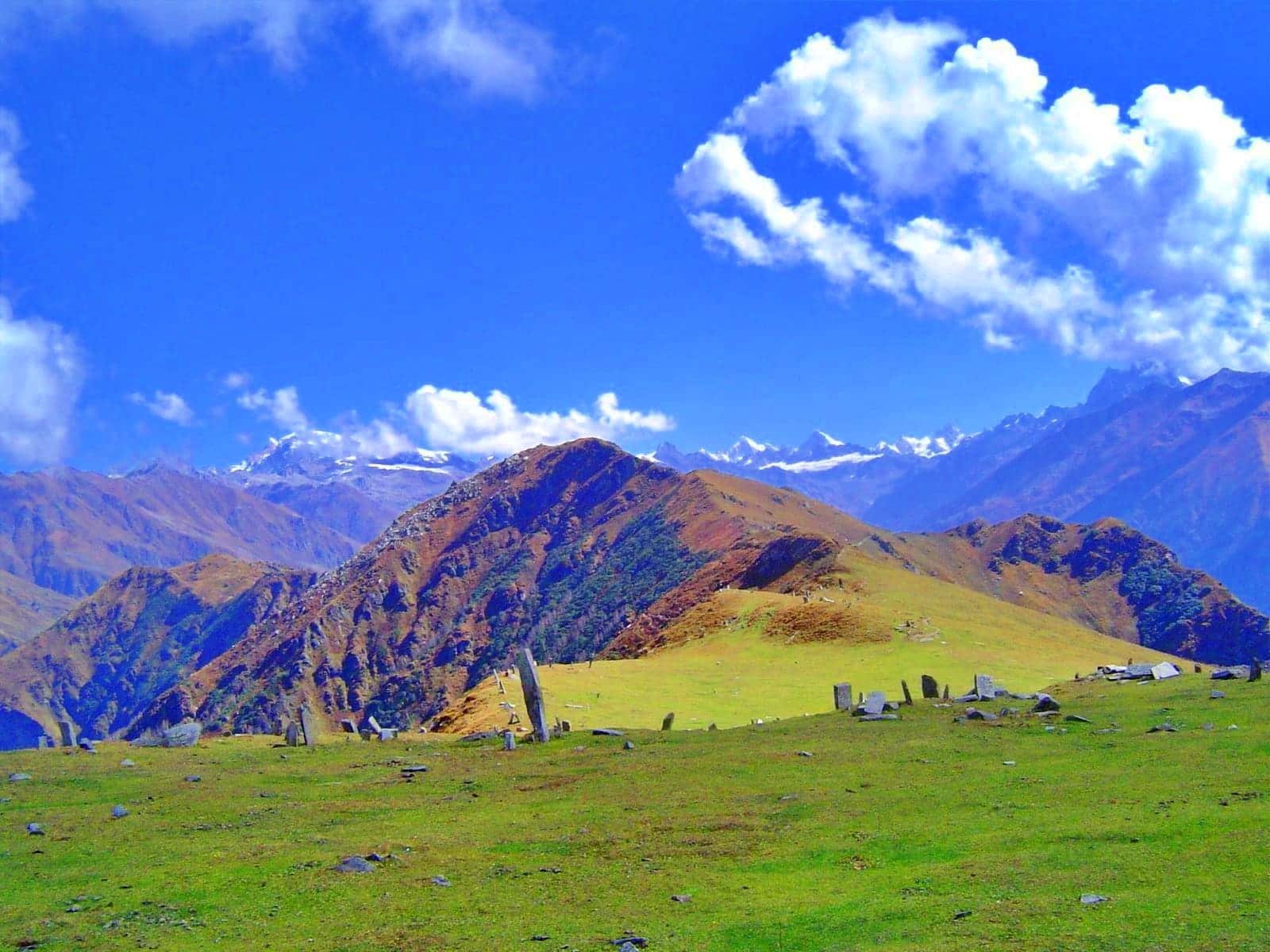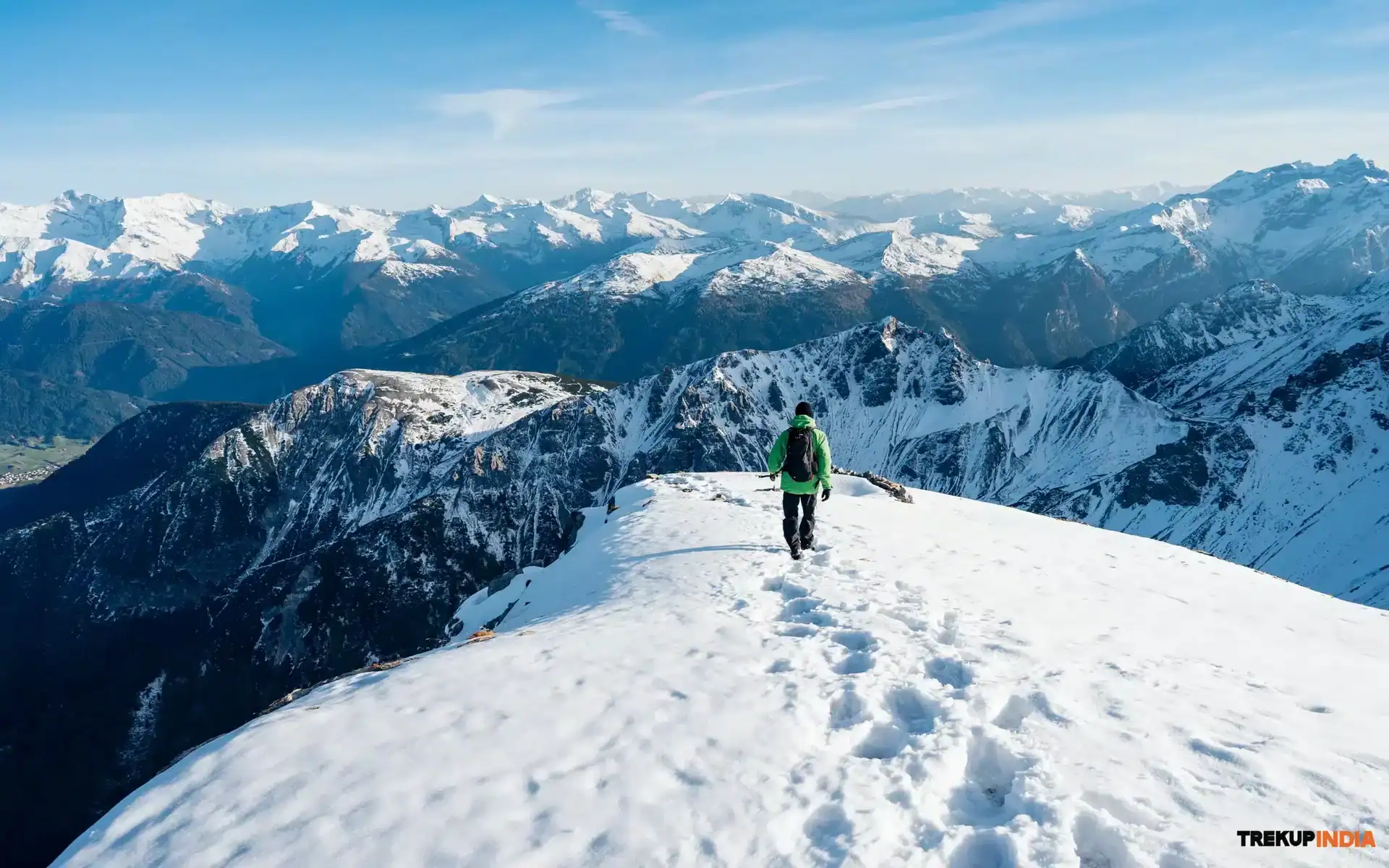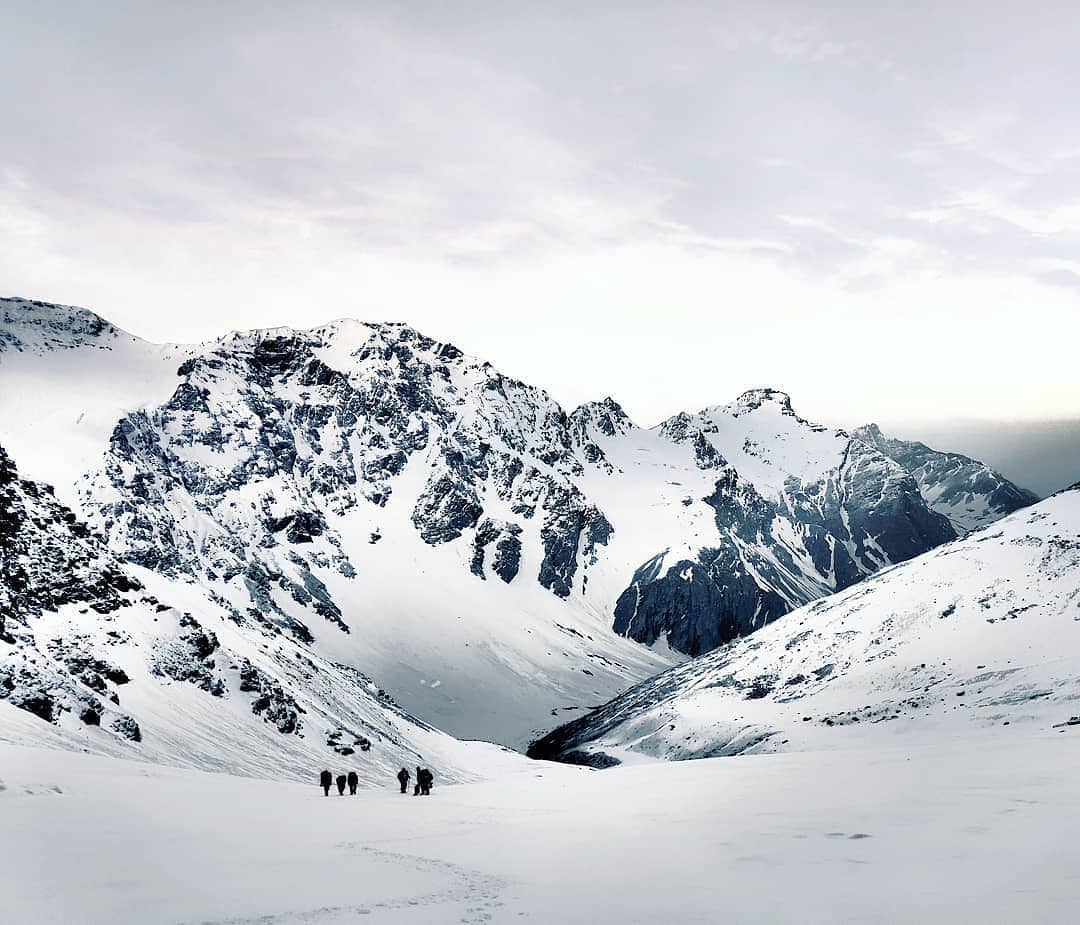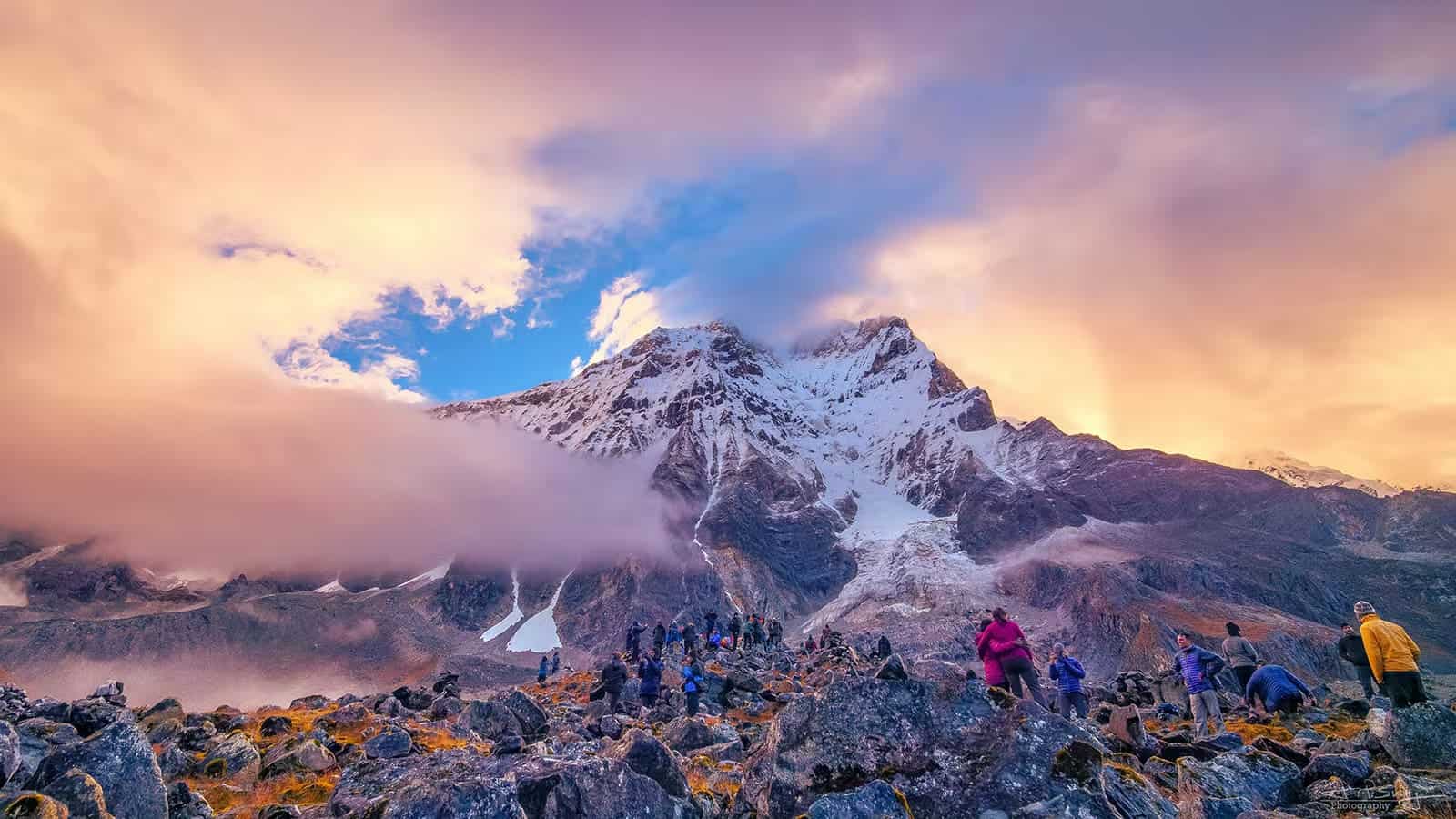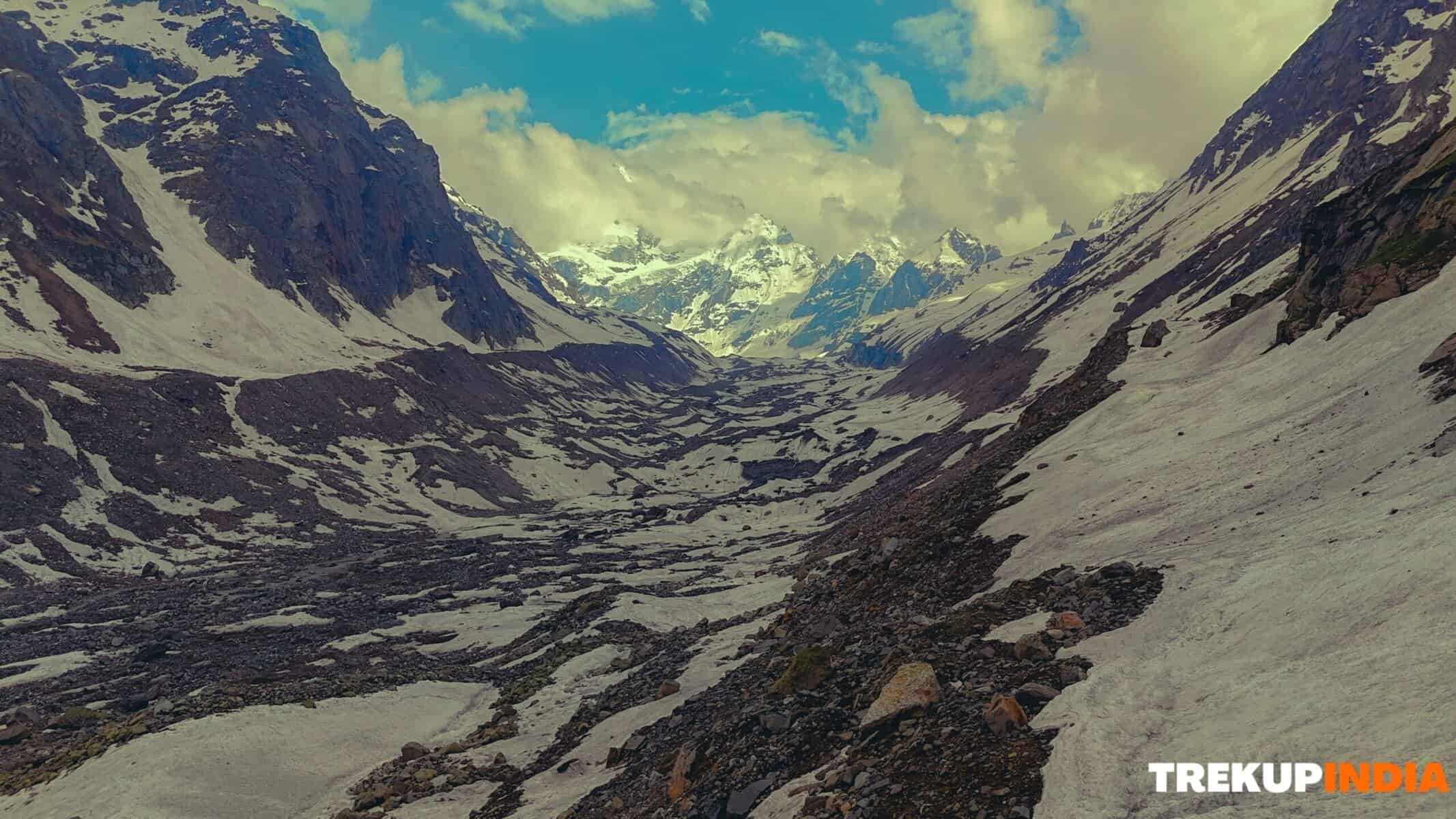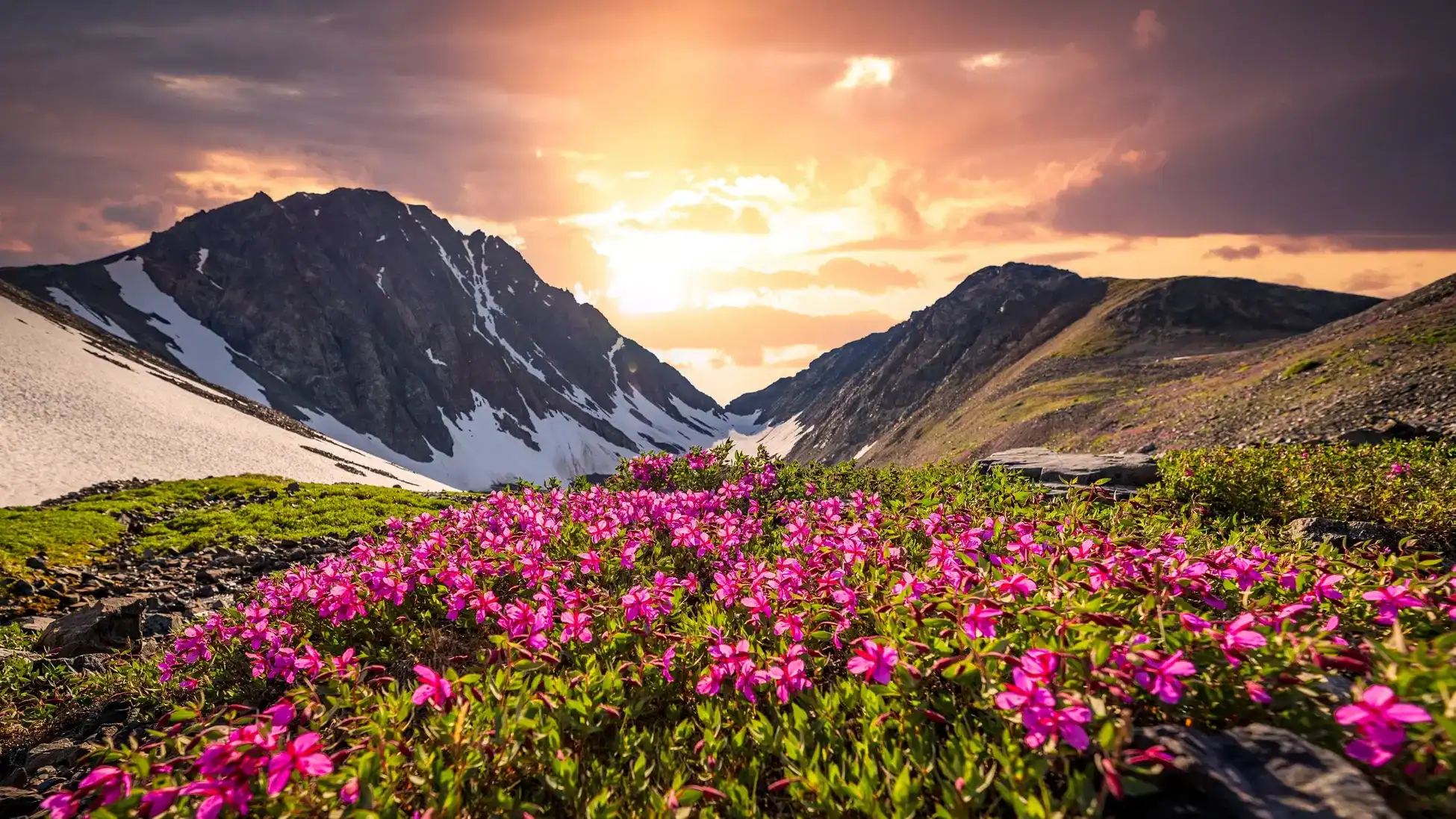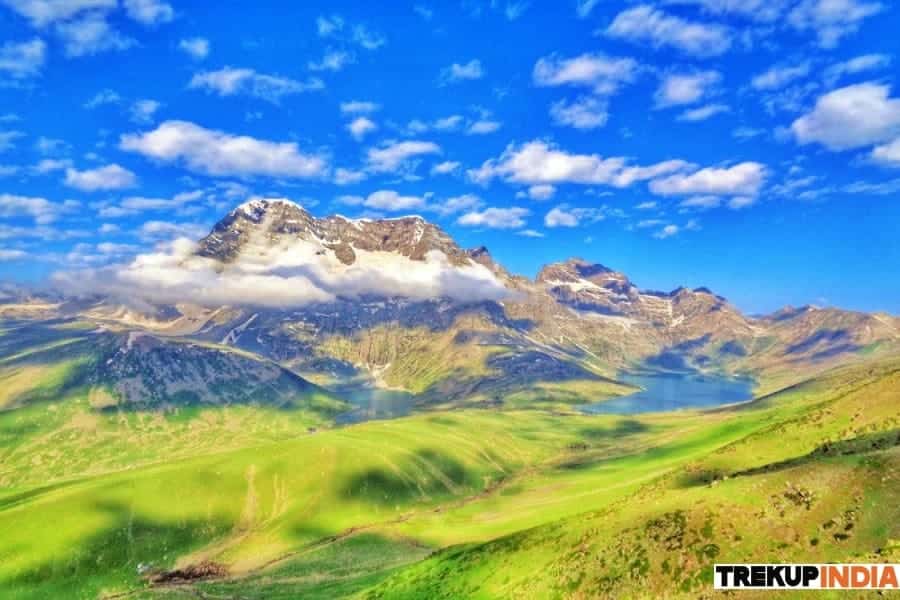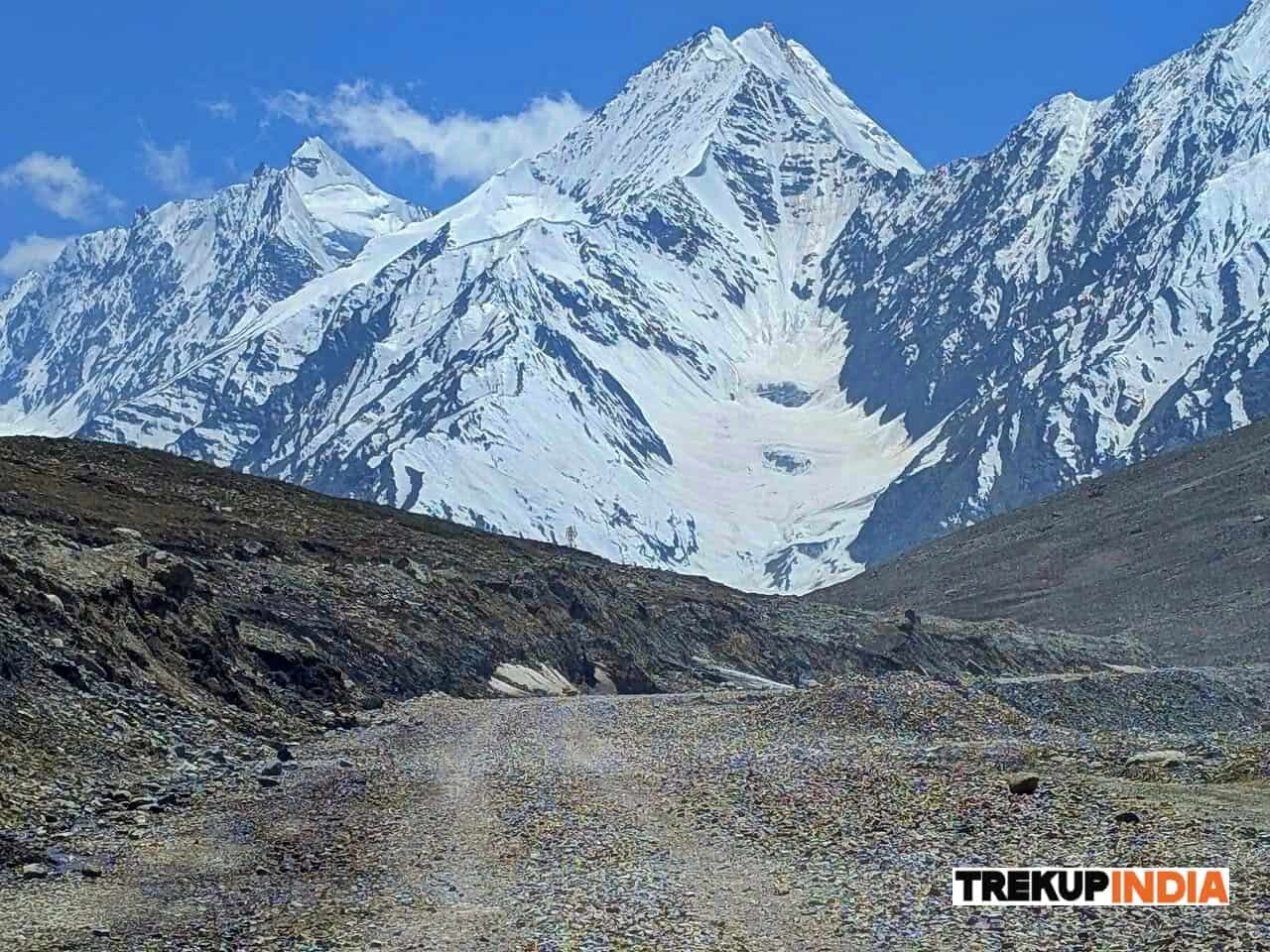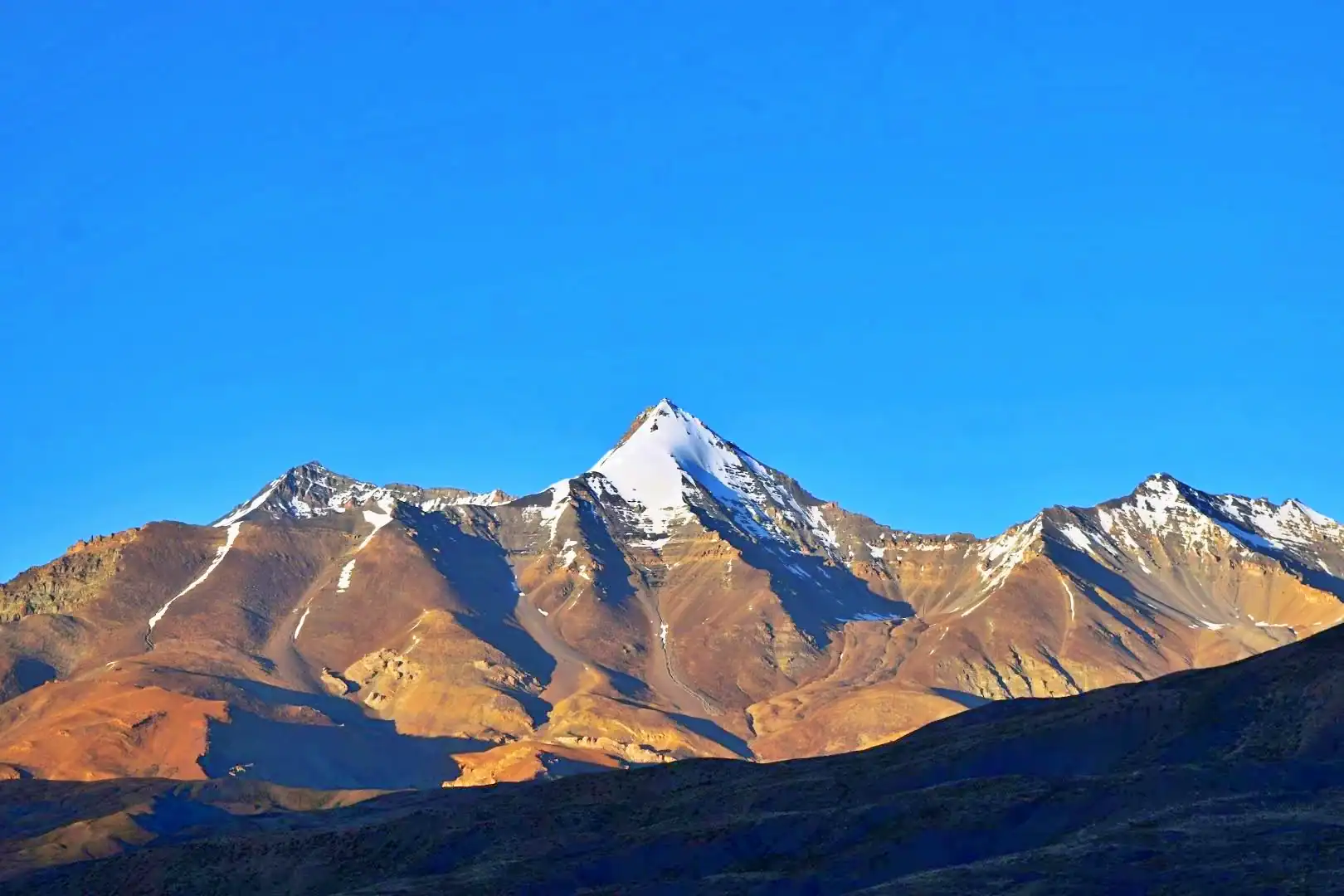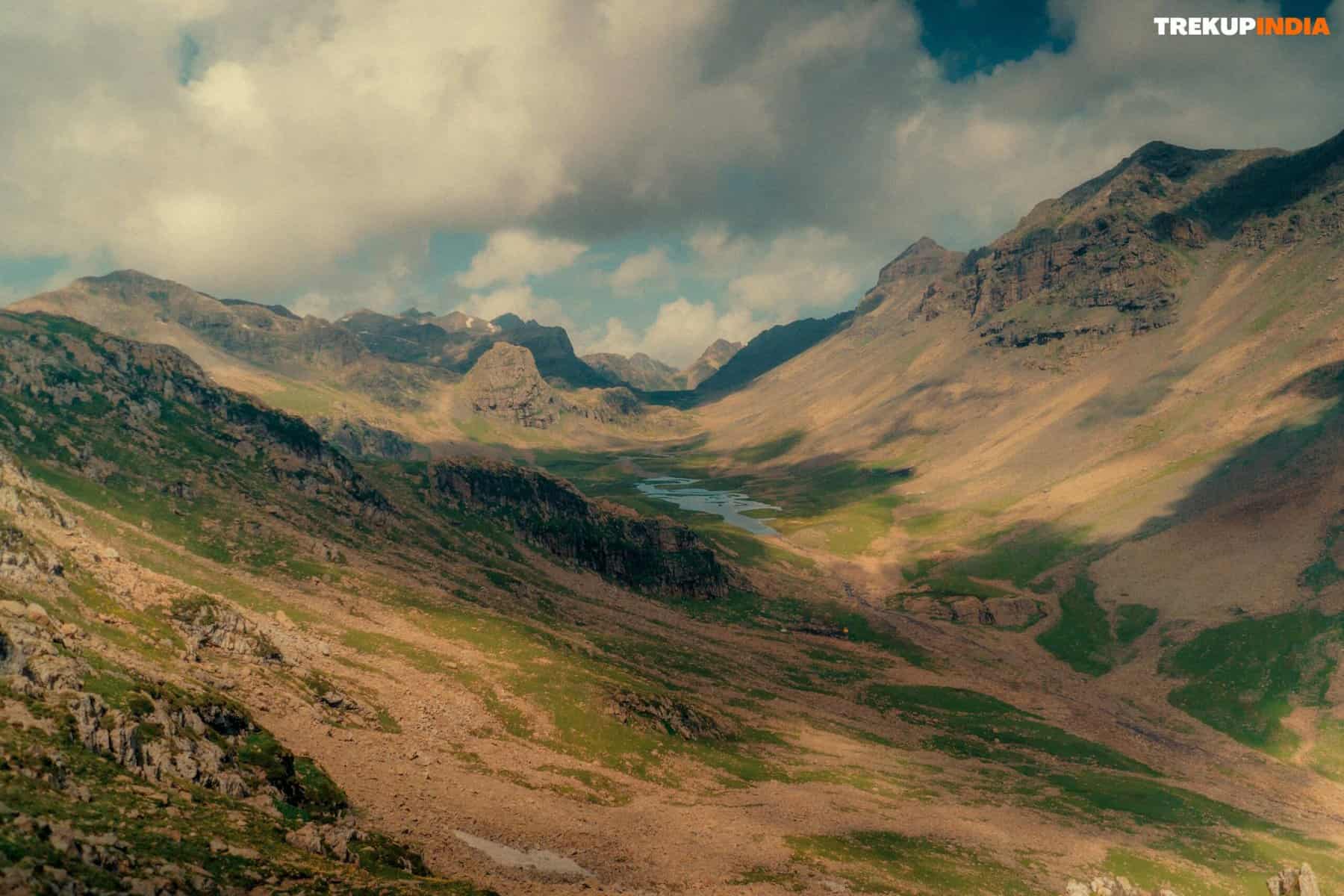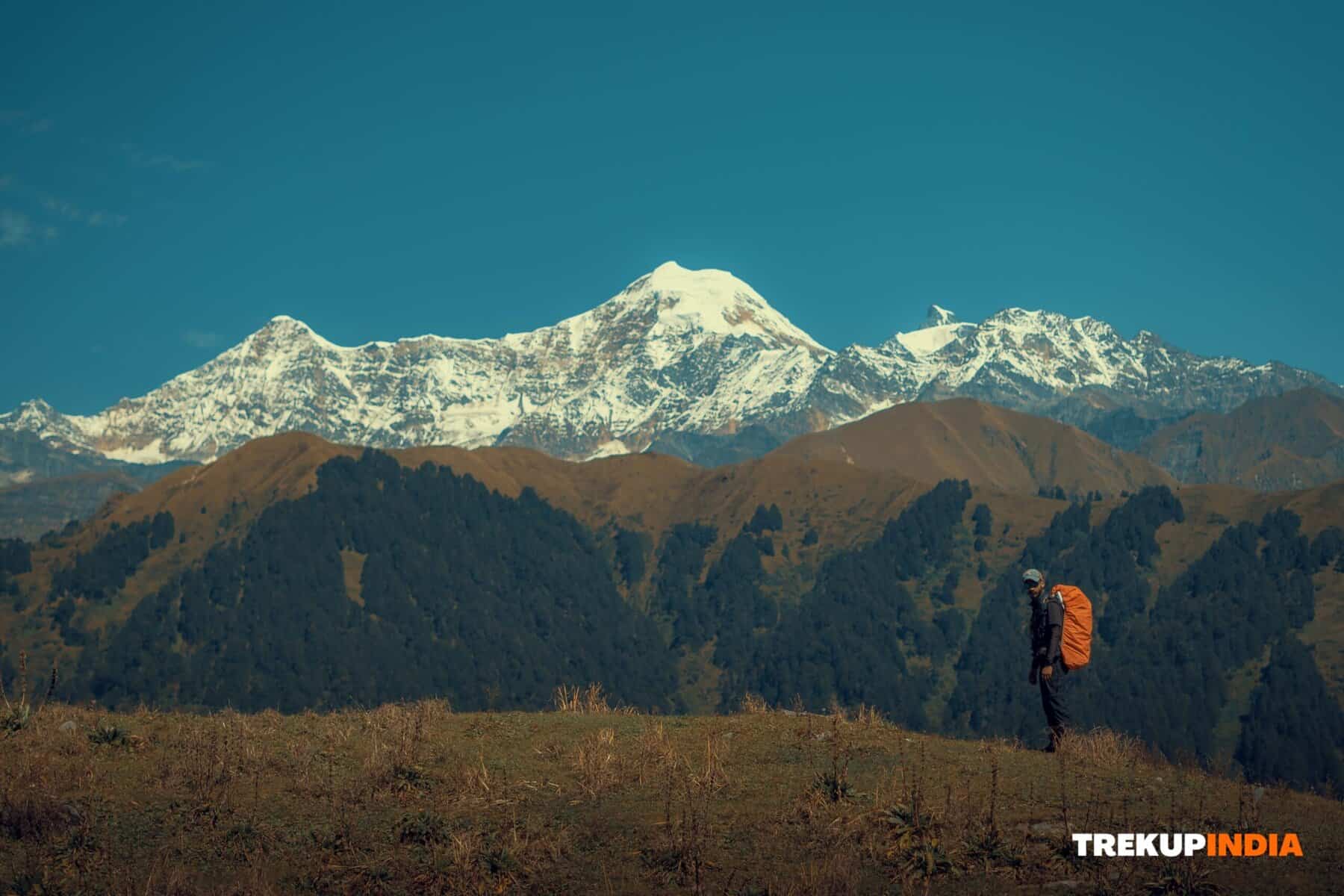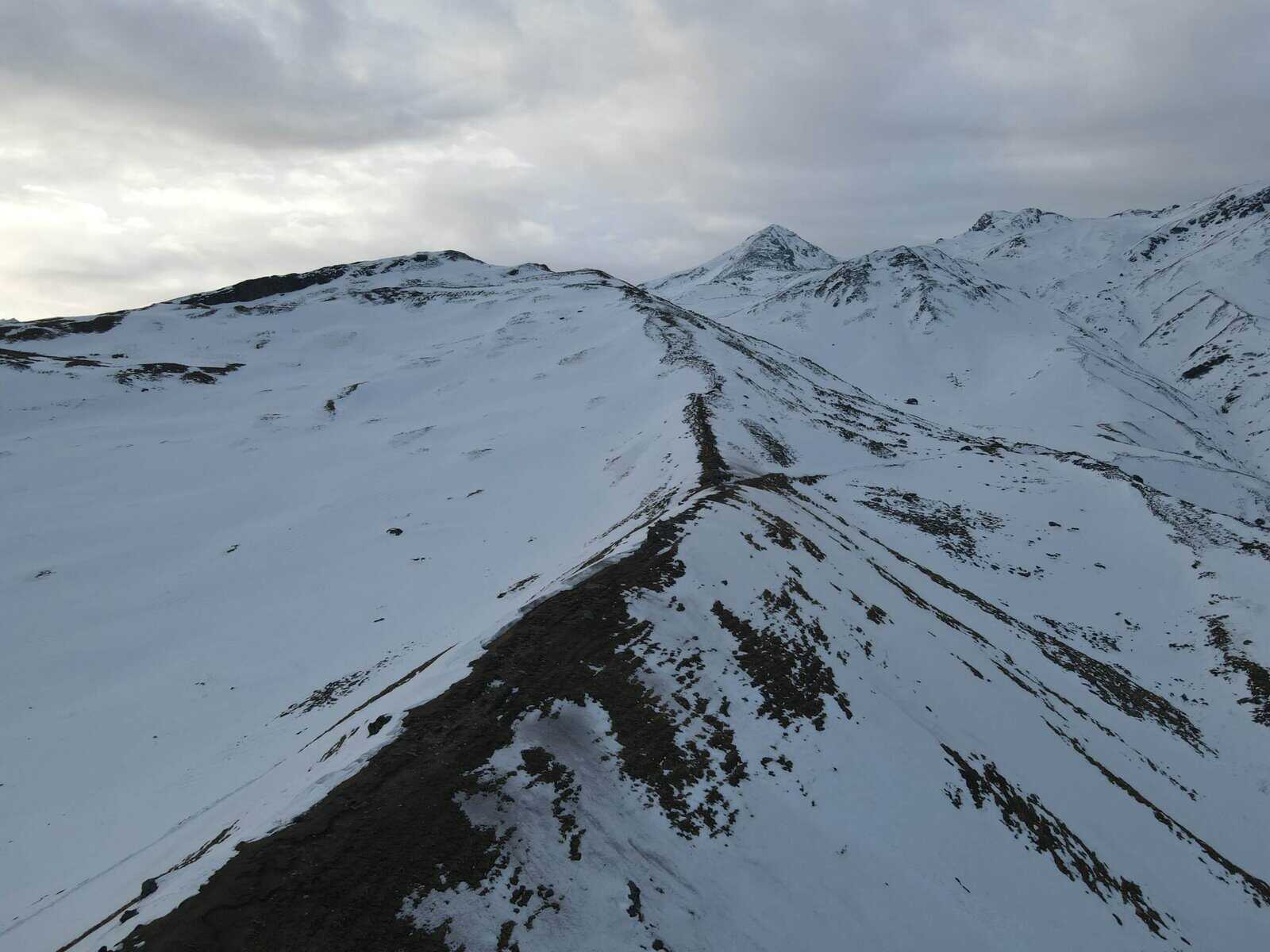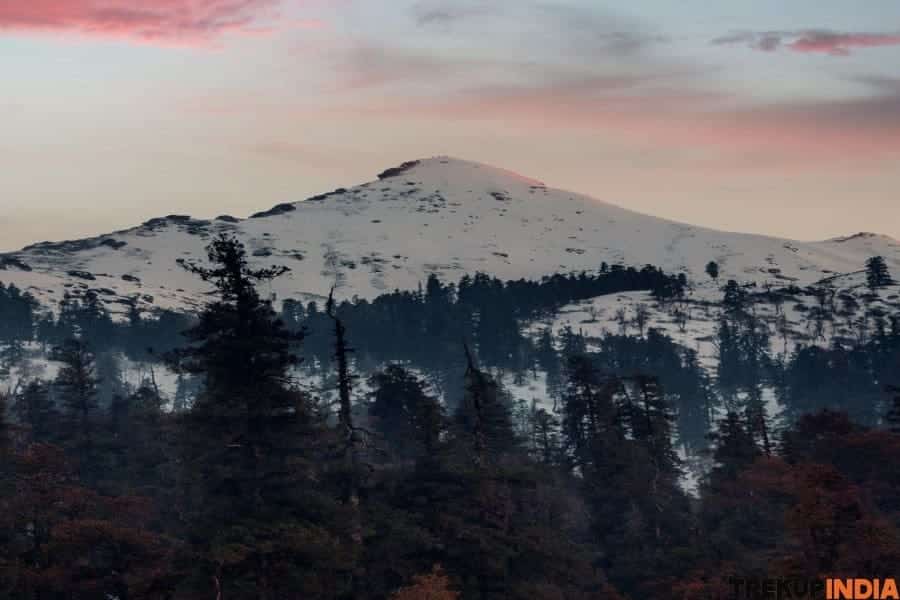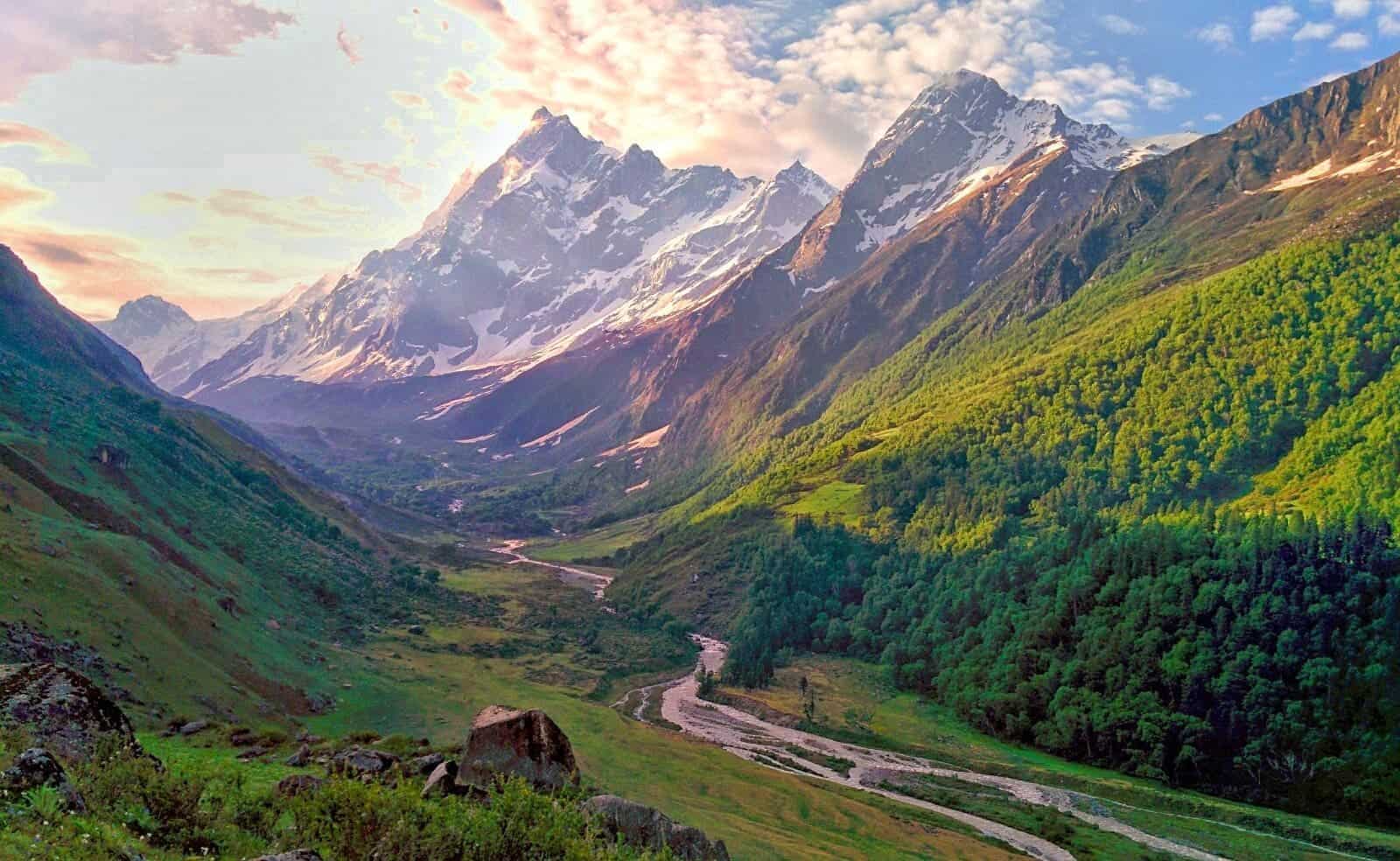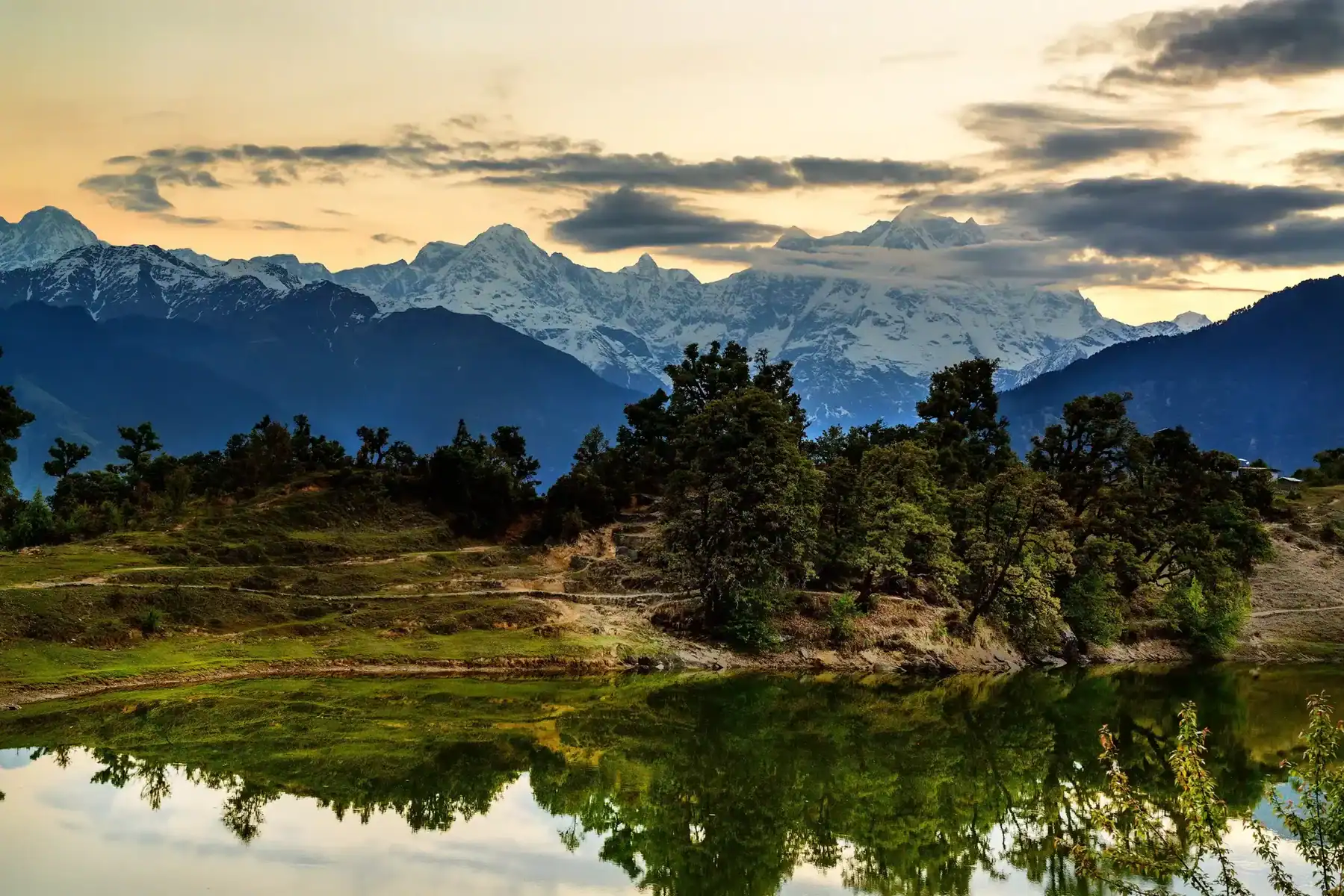Everest Base Camp Trek Preparation Checklist: Are You Really Ready?
Many great people from around the globe have rightly dubbed Everest as “stairs to heaven”. With breathtaking views and fresh air, this wonder of nature attracts visitors from around the world, who come to enjoy nearby bazaars and monasteries (if not itself). Unbelievably beautiful and breathtakingly majestic, this spectacular scene awaits those with enough courage to imagine what an adventure it would be to feel the fresh mountain air, climb its peak, and experience one of Earth’s highest points first-hand. Below is a checklist that covers some of the basic and advanced needs in deciding if an Everest Base Camp (EBC) Trek should be undertaken by you. However, this shouldn’t be taken as definitive information – before taking on such an amazing adventure, it would be prudent to speak with a doctor or experienced trekker first. An Everest Base Camp (EBC) trek is on many bucket lists. But before embarking on such an endeavour, it’s vital to ask yourself: Am I really capable? The EBC Trek isn’t your average trekking trek: It is an extreme, multi-day challenge designed to put both mind and body to the ultimate test. For experienced hikers or those just beginning, this list provides an effective means of measuring how prepared you are to face such an adventure.
1. Do You Have Enough Experience?
For obvious reasons, having more experience trekking at higher altitudes, particularly that relating to EBC (29,028 feet), can significantly prepare you mentally and physically for this endeavour. Experienced trekkers tend to be less likely to need to answer distress calls on a similar trip than novice trekkers; when temperatures drop to 60 degrees Celsius during winter months, however, only those who possess exceptional ability should attempt this endeavour.

2. Are You Capable of Reaching Everest Base Camp (EBC)? For an attempt at climbing to the pinnacle of the world: Know Your Strengths
A) These individuals generally are healthy and do not present with any serious diseases that might increase due to altitude (for instance, heart or lung conditions).
B) You possess an exceptional capacity for long-distance walking. EBC trekking should take between 4-10 hours with adequate breaks during that time; what’s essential to survive this adventure is exerting consistent effort over a sustained period.
C) When traveling, staying focused and motivated are keys to a successful adventure.
D) You enjoy working in teams. Knowing this, take heart in knowing that embarking on this challenging journey with like-minded colleagues can boost motivation and help overcome its hurdles!
3. Are You Acknowledging Areas That Require Improvement?
Everyone has flaws and weaknesses, but to ensure success, it is vitally important that we start planning our journey now and increase the intensity of our fitness regimen a minimum six months before our trek. If you are at risk for lung or heart diseases, chances are it won’t be permitted for you to embark on the trek. Furthermore, being a smoker or heavy alcohol consumer makes this task far more difficult in comparison with others in better physical shape for high altitude trekking – smoking restricts breathing at higher elevations; drinking or drug exposure alters judgment could result in further health risks.
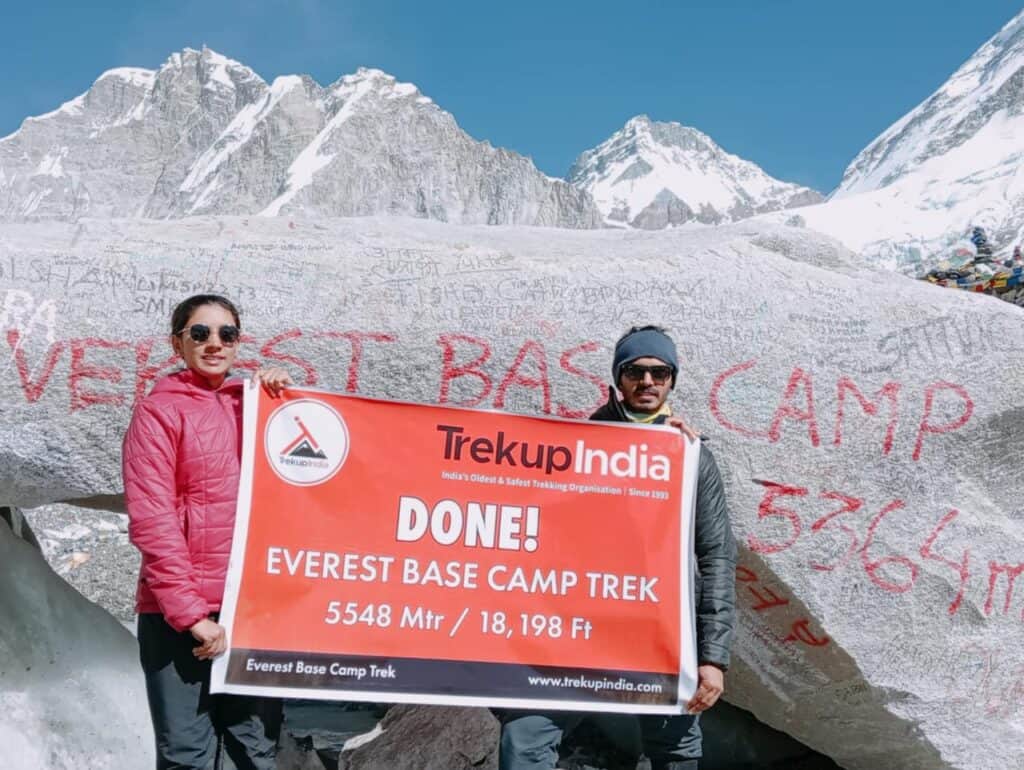
4. Are You Acclimatized?
Acclimatization should not be neglected when traveling at altitude, as Acute Mountain Sickness (AMS) is an actual health risk triggered by high-altitude environments. A higher altitude, with decreased oxygen levels, tension in the air, and stress contributing, can trigger it; often seen around 8000ft or higher and leading to headaches, nausea, dizziness, shortness of breath, as well as headaches. Although usually mild and quickly resolved, occasionally symptoms of altitude illness can become serious and cause lasting complications in the brain or lungs. Rare cases involving brain or lung complications occur, which require hospitalization.
Acclimatization to high altitudes through spending several days in certain locations before and during your trek or trek is critical to minimize health problems, and should take 13-20 days on average for EBC Journeys.
5. Are You Prepared for Trekking on Your Trip?
- Sunglasses + Sunscreen (both UVA/UVB protection), clothing (base layer = thermos wear; first layer warm trekking trousers or trekking shorts + first layer fleece jacket; and third layer = waterproof shell jacket for rain or cold conditions), are essential items of clothing when traveling abroad.
- Wearing Headwear (Including Hats and Buffs to protect the face and keep you cool while also decreasing the chances of contracting diseases.
- Insulated Gloves for both Inner and Outer Wear
- There is footwear included: thermal socks for trekking and outdoor trekking shoes with leg gaiters!
- Bags and backpacks (Ensure they are waterproof!) come in various forms and designs.
- Sleeping Gear (G), Trekking Poles (H), Medicines and Toiletries (i), First Aid Kit, Medicine for any mild or more serious symptoms of Acute Mountain Sickness (AMS), as well as toiletries, are musts when trekking in remote regions.)
6. Have an Accurate understanding of the food you will eat while trekking towards EBC?
Keep this in mind as nutrition plays an integral role in finishing any trek successfully. A balanced and nutritious diet must be maintained while trekking towards EBC.
Your guides and sherpas will likely serve you light meals that are easily digestible in the tea houses you stay at, such as herbal tea, electrolytes, energy bars, light snack bars, dry fruits, or digestive biscuits to ease hunger pangs. When hunger strikes in between meals served at tea houses, you might require other sources to provide relief – some items could include herbal tea, electrolytes, energy bars, snack bars, light snack bars, dry fruits, and digestive biscuits.
7. Have You Started Preparing Yet?
At least two to three months before embarking on any trek, it is necessary to develop an efficient workout program designed to build up endurance for trekking over an extended duration.
A) Walking for 60 days before embarking on your trek can help prepare you for its physical demands and core strength development.
B) Plank exercises may also prove helpful.
C) Engaging in some yoga can help alleviate breathing issues as well as strengthen core muscles.
D) Swimming or cycling for just a few minutes each week could help build lean, toned muscles.
Mt Everest remains one of the world’s most revered mountains, drawing accolades and praise songs that honor it from across all sectors of society. Every year, thousands of trekkers make the trek up to Everest Base Camp; you may just be one of them one day! So have faith!
About Author
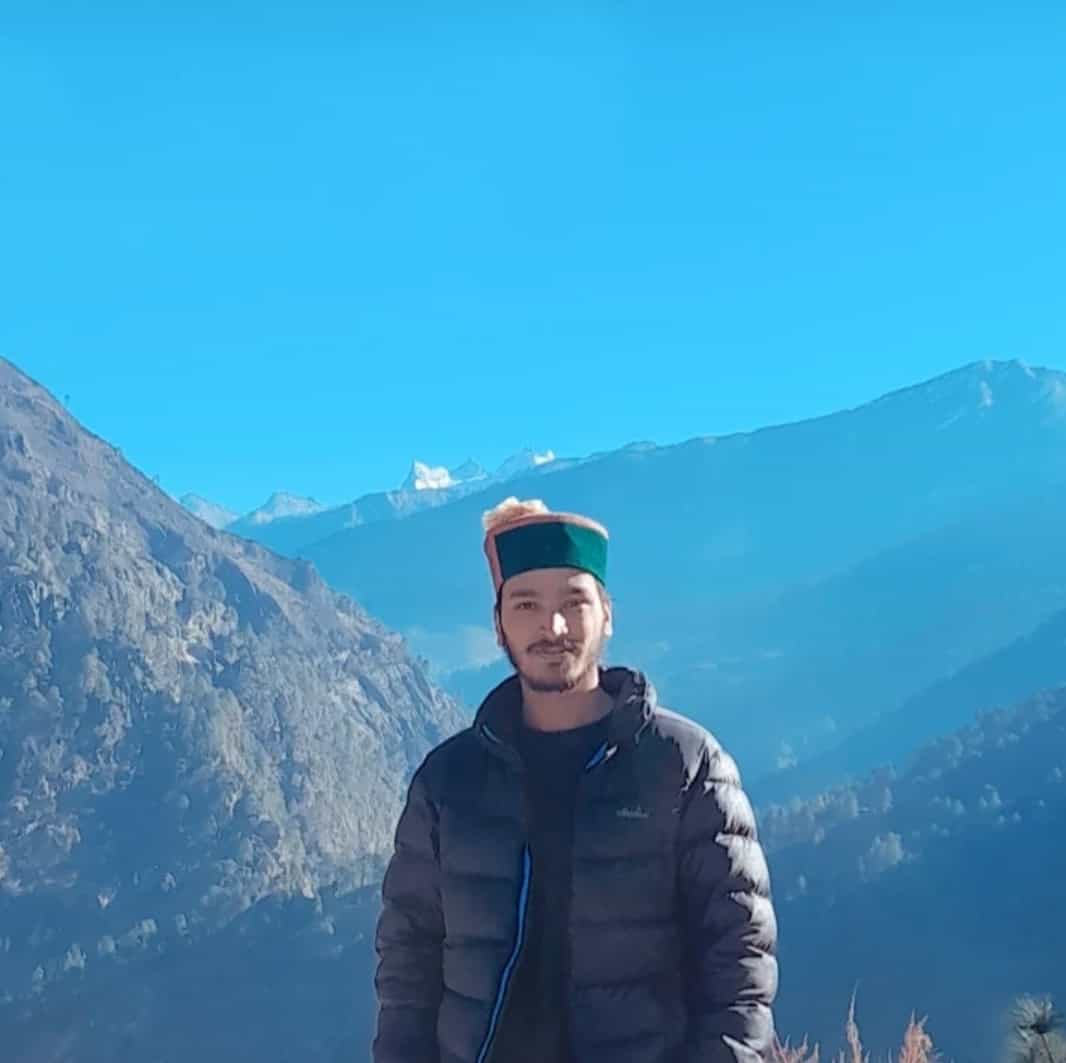
Anoop Rawat (Admin TrekUp India)
Anoop has worked for 5 years as a Trek Leader with TrekUpIndia, leading numerous treks across the diverse and challenging terrains of Uttarakhand and Himachal Pradesh. He holds a degree in Geology with a specialization in Geographic Information Systems (GIS) from UPES Dehradun. During his academic years, he actively applied his classroom knowledge in the field—most notably by contributing to a glacier research project on the Jundar Glacier in the Har Ki Dun Valley, Uttarakhand. Write Anoop at anoop@trekupindia.com
Share this article
Dates For Upcoming Treks
Want To Trek Like Pro?
Basically, watch these videos if you want to trek the same way professional trekkers do and make your skills better. These videos contain useful tips and techniques to further improve your trekking skills itself. These videos actually help both new and experienced trekkers improve their trekking skills. These videos definitely provide useful tips that make your trek better. We are seeing that these videos by Trekup India experts will only help you make your trekking skills better.
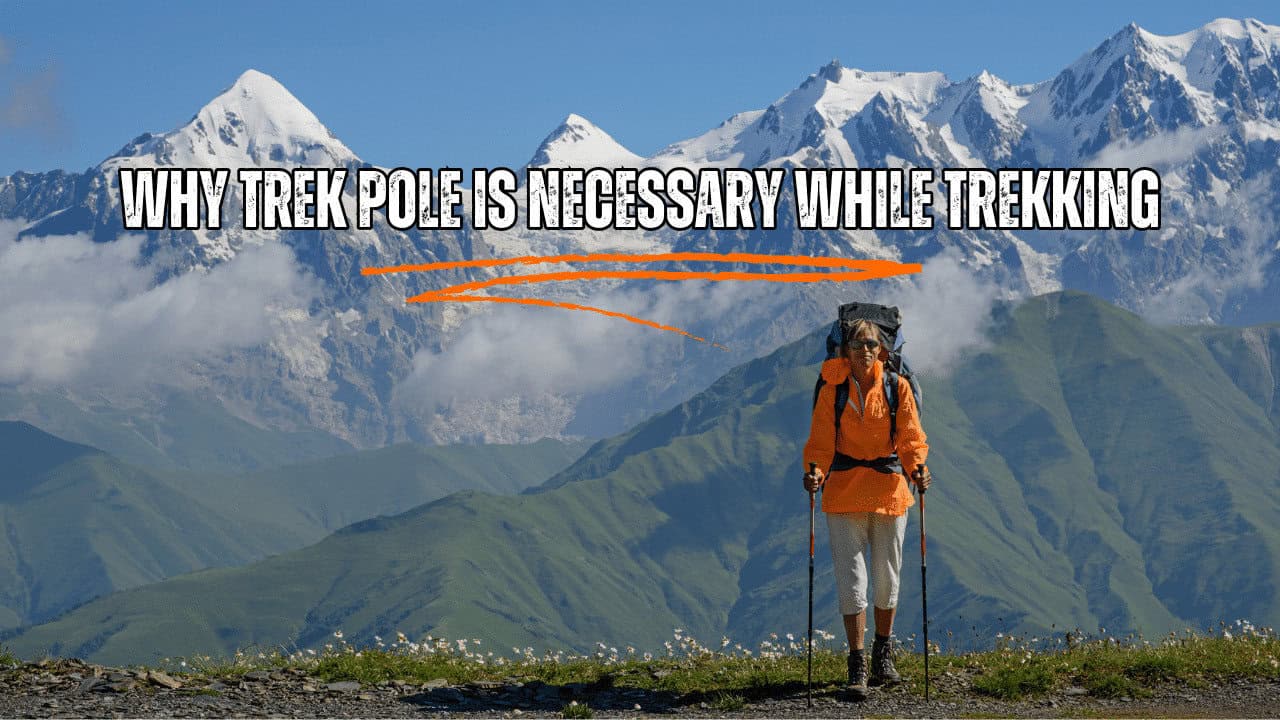
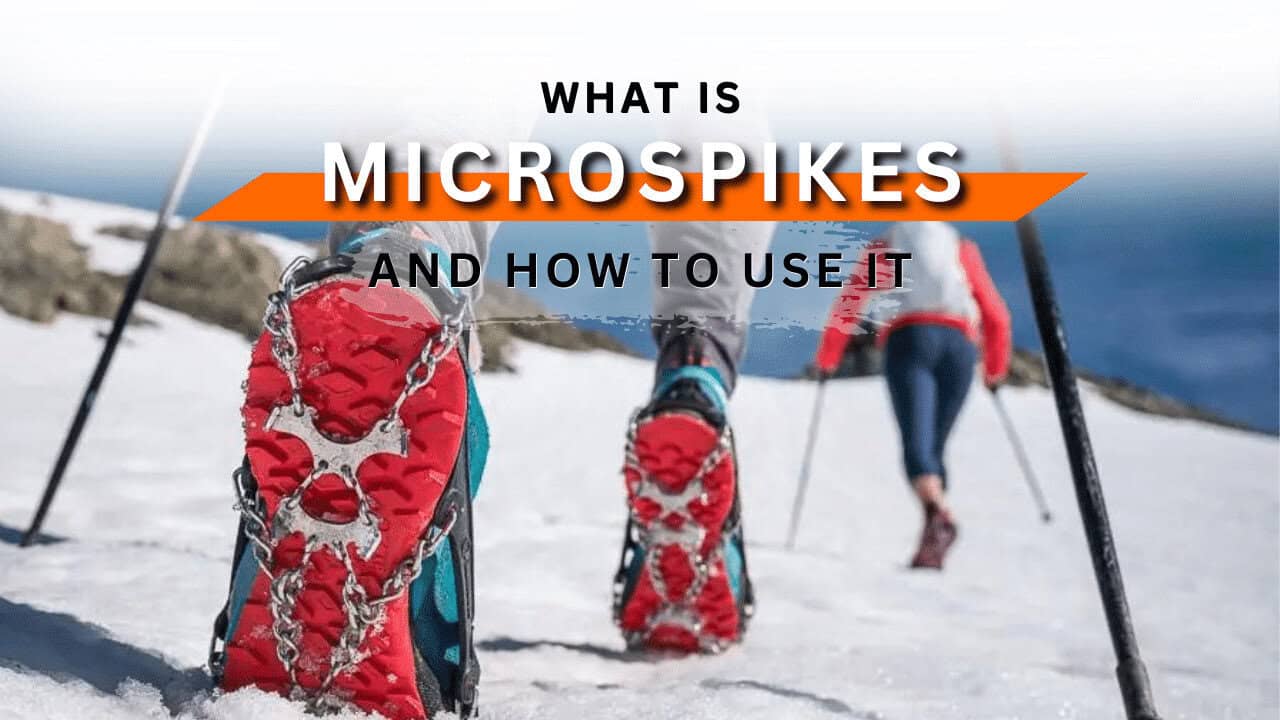

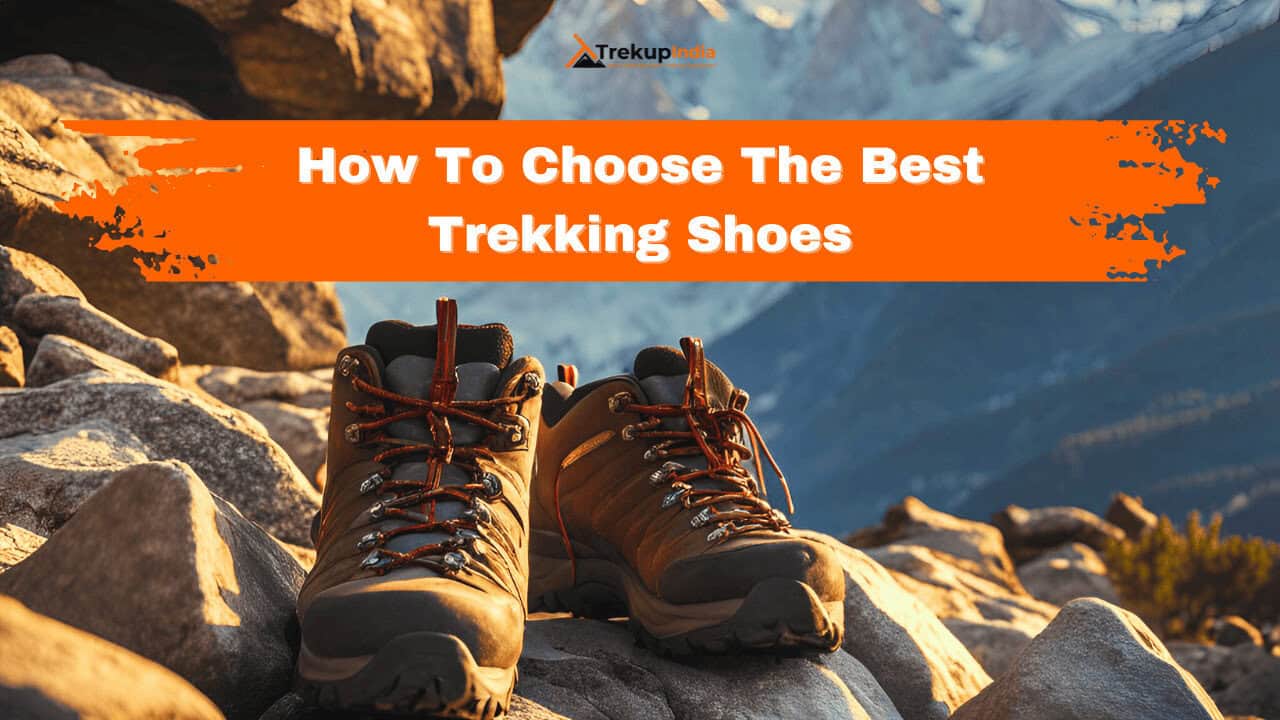

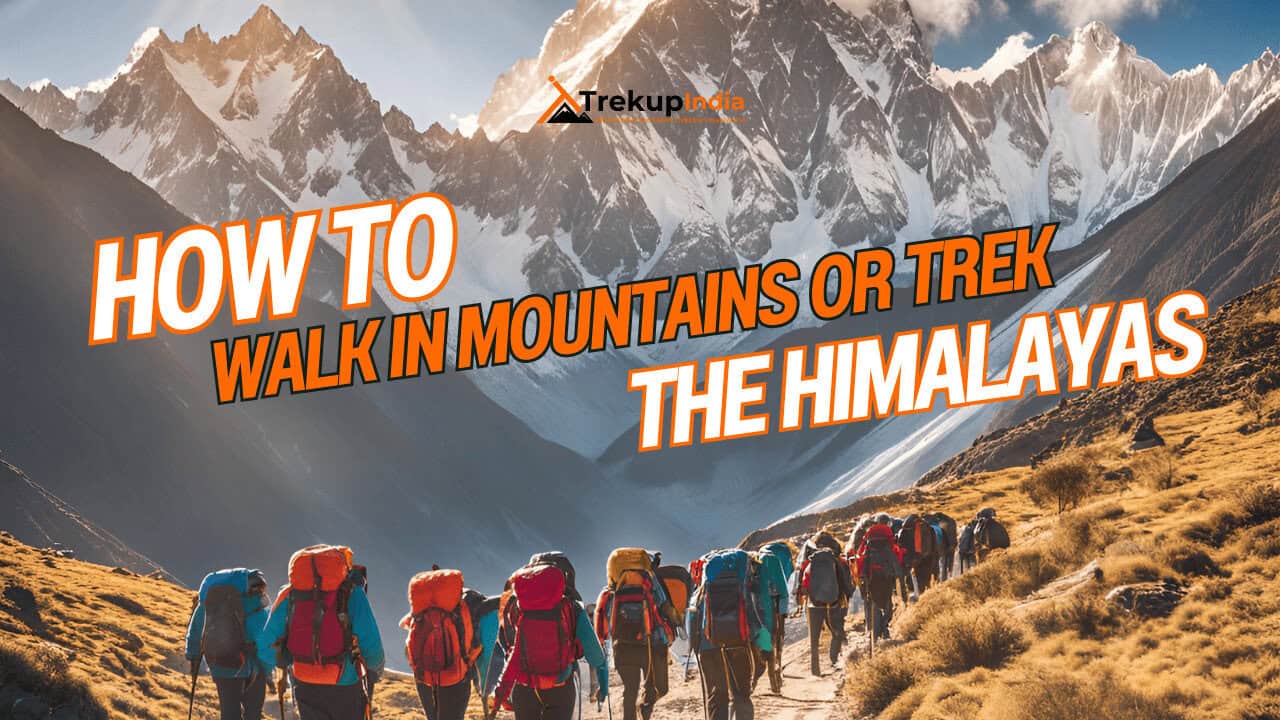

Know Everything About Acute Mountain Sickness
Acute Mountain Sickness occurs when people trek to high altitudes above 8,000 feet. This condition itself develops further due to reduced oxygen levels at such heights. Basically, as you go higher up, the air pressure and oxygen levels decrease, which causes the same problem. Acute Mountain Sickness surely causes headache, nausea, vomiting, and dizziness in affected persons. Moreover, peoples also experience difficulty in sleeping during this condition. To avoid mountain sickness, you should actually trek up slowly to higher altitudes. To learn further about this condition itself, watch the videos by Trekup India.
